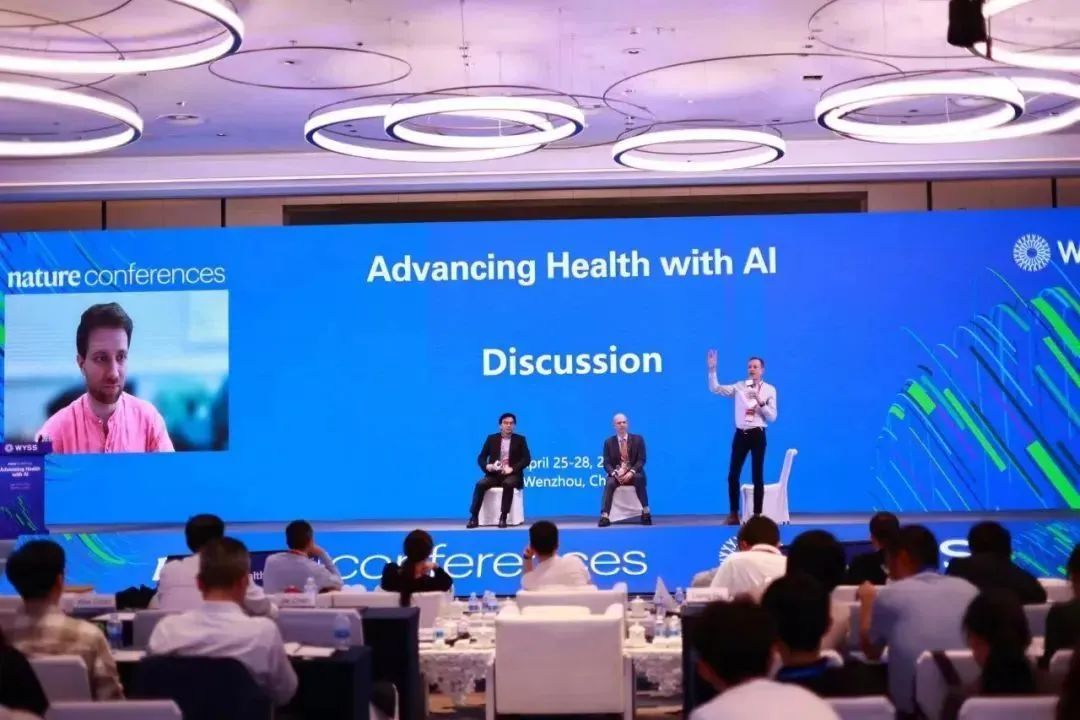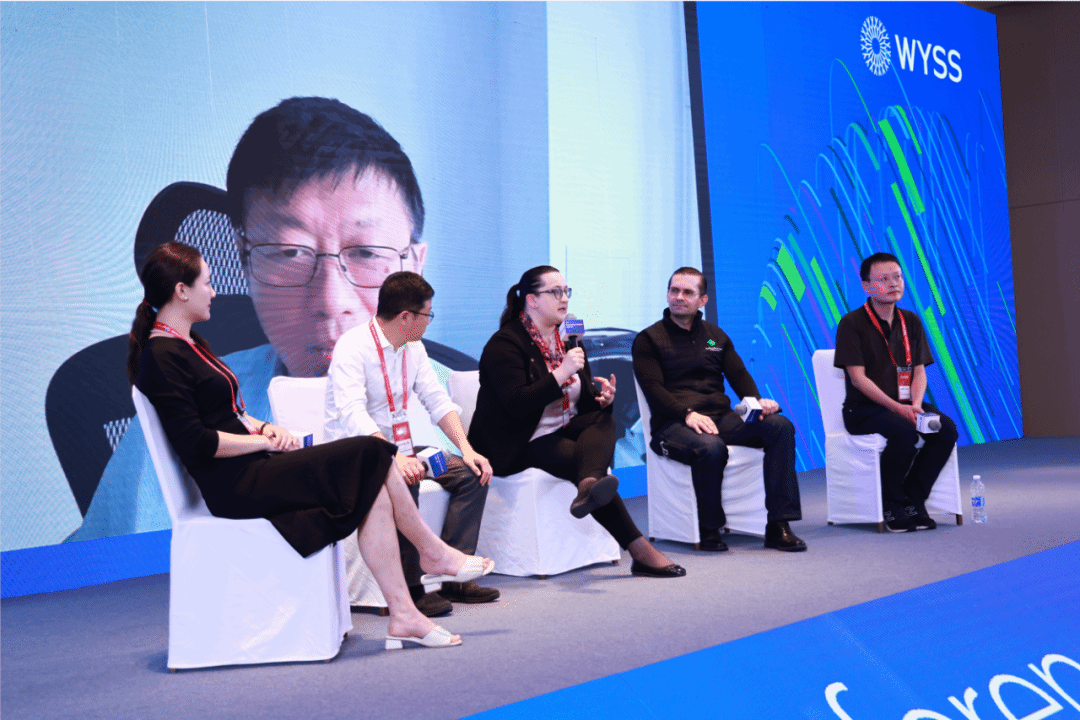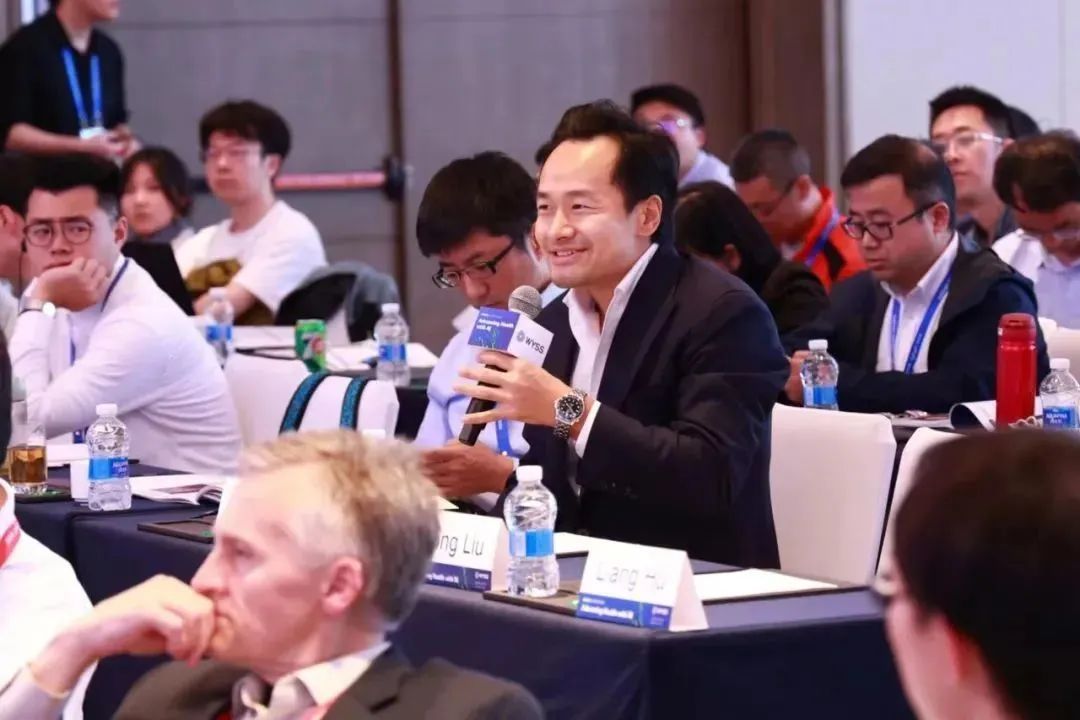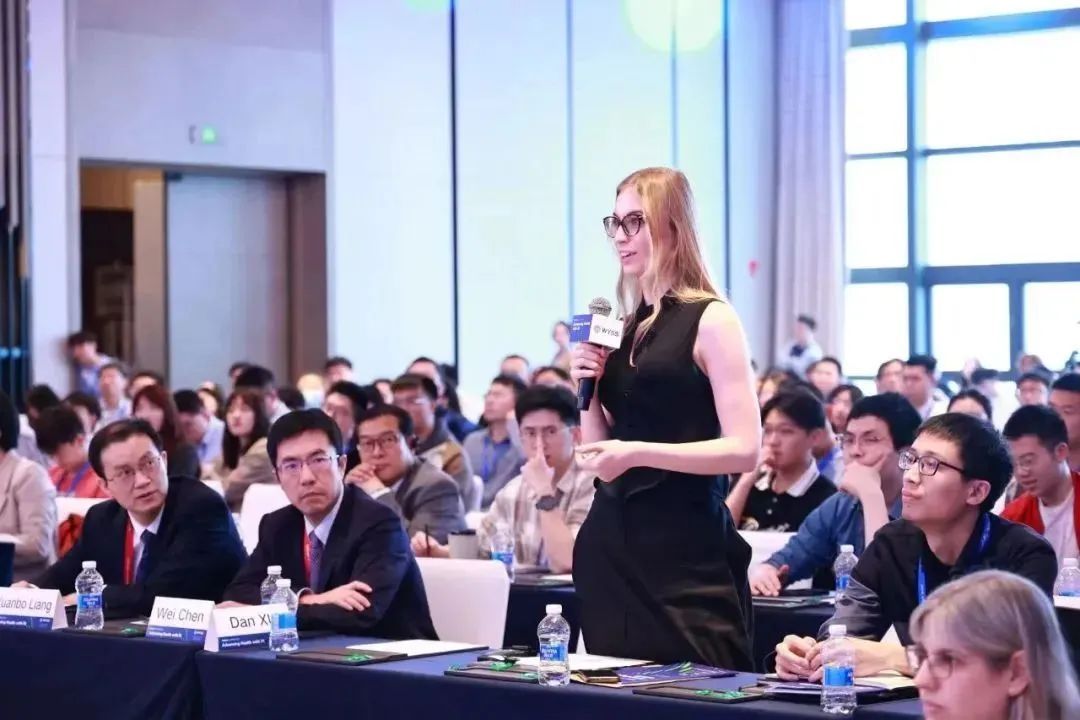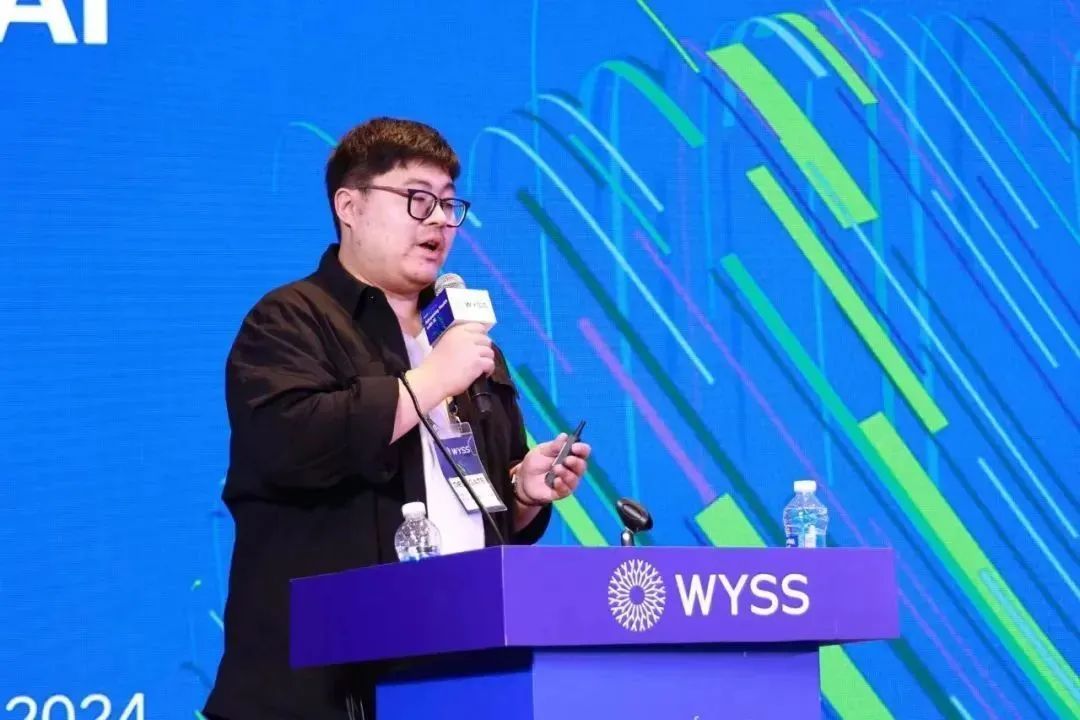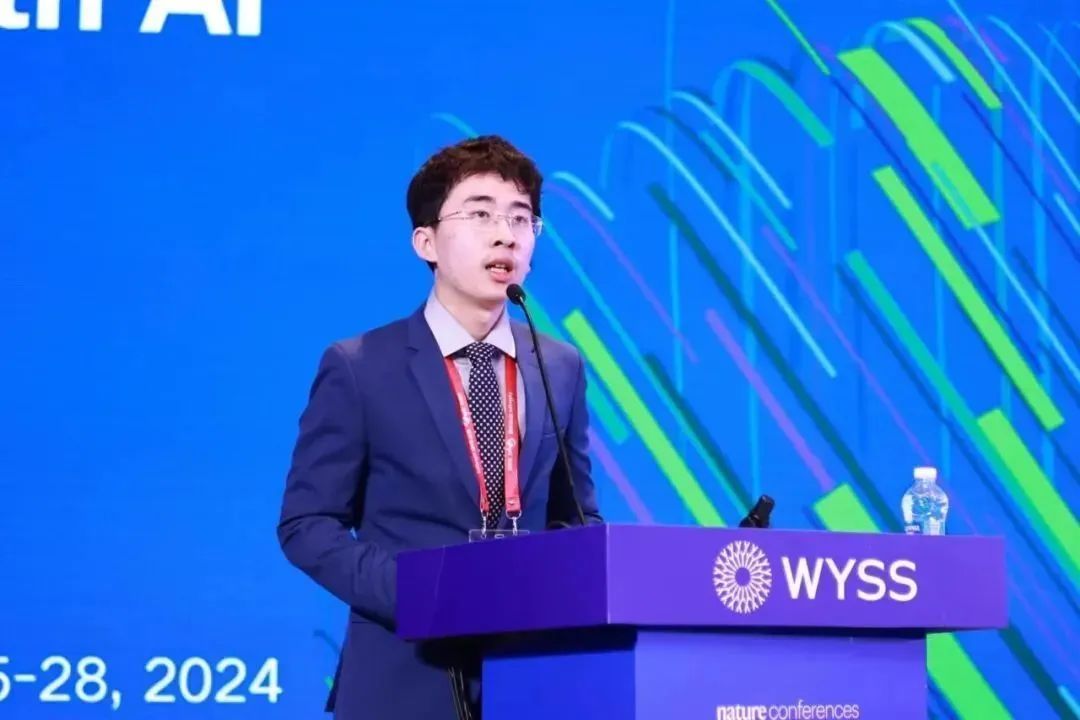- Nature hosts first AI-focused conference in Wenzhou
- Author:School of Ophthalmology and Ooptometry Date:May 15, 2024
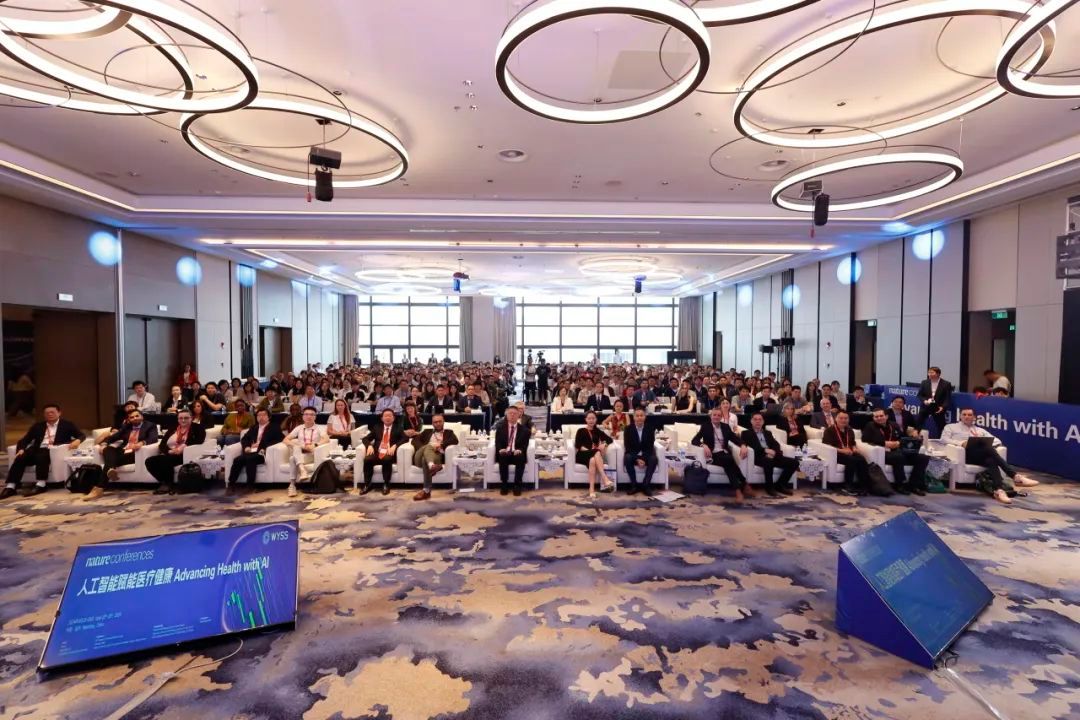
What novel reactions will occur when medicine encounters artificial intelligence(AI)? How does athe virtual doctor help patients? Nowadays, new artificial intelligenceAI technologies are being deeply applied in the healthcare industry, such as clinical auxiliary diagnosis and treatment, accurate matching of doctors and patients, and personal independent health management.
From April 25th to 28th, the Nature Conferencess-–Advancing Health with AIArtificial Intelligence, jointly organized by Nature, Nature Medicine, Eye Hospital of Wenzhou Medical UniversityAffiliated Ophthalmology Hospital, China Eye Valley, and Wenzhou Medical University Eye Health and Disease Advanced Research Institute, etc. The Academic Conference on Enabling Medical Healthwas held in Wenzhou. This wasis the firsttime Natureand Nature Medicineheld a world's top-class academic conference with the theme ofon the "Integration of AIArtificial Intelligence andin Medical Health" in Nature and Nature Medicine. It wasis alsothe first time Nature, one of the world’s most authoritative comprehensive academic journals, hosted a high-profile international academic conference was heldin Zhejiang for the first timesince its inception in 1869.
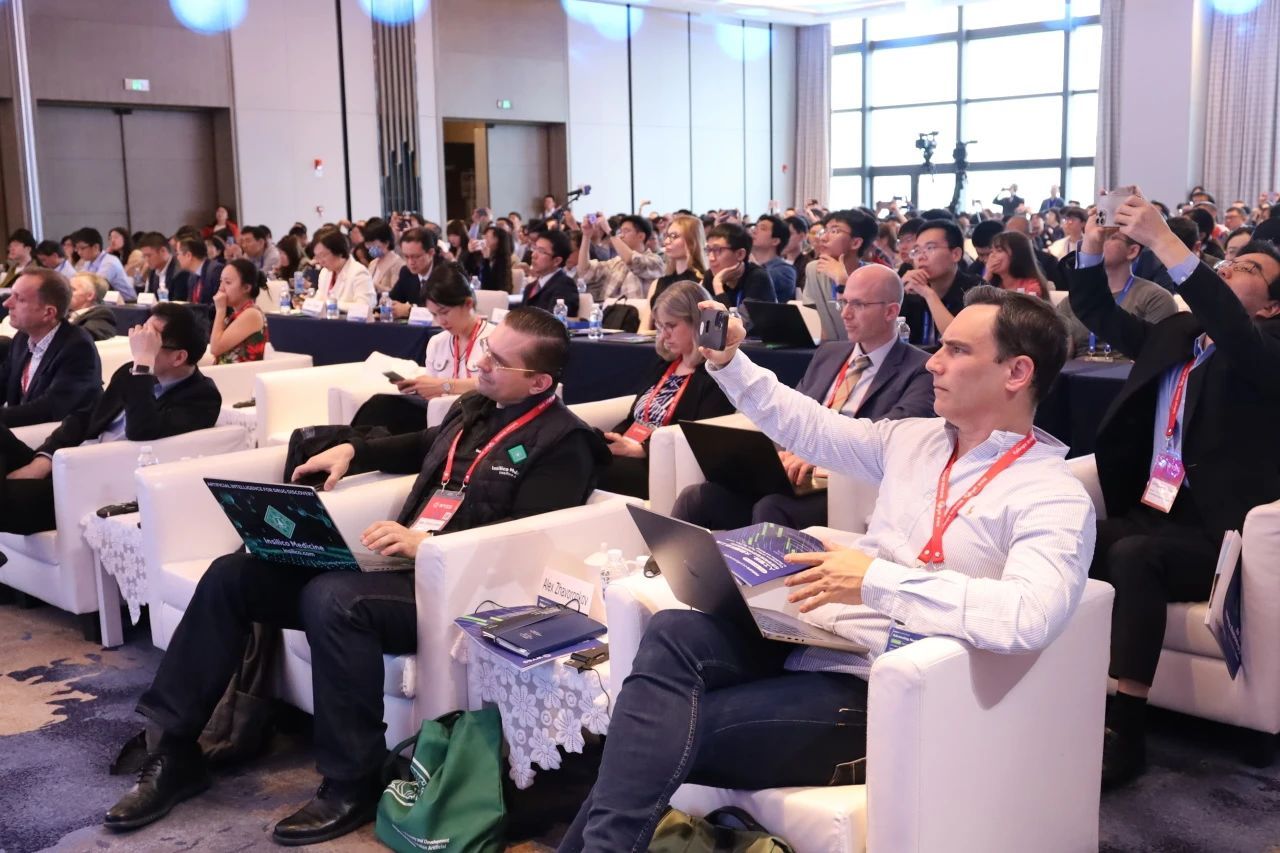
The meeting invited nearly 30 international guests from the world's top universities such as Harvard University and Massachusetts Institute of Technology, as well as more than 10 Chinese academicians and experts in the field of medicine and AIartificial intelligencein China,.Editors from Nature, Nature Medicine,and Nature Biomedical. Editors of Engineering, and Nature Computational Science and other journalstook part in the event.The meeting included helda total of 12 thematic discussions and nearly 50 academic lectureson , and discussedthe impact and future of artificial intelligenceAI in the medicinemedical field with nearly 1,200 peopleaudienceonline and offlinein person.
Dr. Lorenzo Righetto, Journal offrom Nature Medicine,; Prof. Chen Xiangmei, Academician of the Chinese Academy of Engineering andfromthe Chinese PLAGeneral Hospitalof the People's Liberation Army, Prof. Cheng Heping,Academician of the Chinese Academy of Sciencesfrom the College,Cheng Heping,Academician of the School of Future Technology of Peking University, Prof. Yang Zhenglin, Academician of the Chinese Academy of Sciences and President of Sichuan Provincial People's Hospital;, Yu Xinle, Deputy Director of the Zhejiang Provincial Health Commission,; Zhang Wenjie, Deputy Secretary of the Wenzhou Municipal Party Committee and Mayorof Wenzhou, Lyuv Bojun, Member of the Standing Committee of the Municipal Party Committee and Director of the Organization Departmentwere among the distinguished guests.; lLeaders fromof Wenzhou Medical Universityincluding Lyu Yijun, Li Xiaouekun, Jin Shengwei, Zhu Xuebo, and Wu Wencan, alongsideand other leaders;Prof. Qu Jia, dDirector of the State Key Laboratory of OptometryOphthalmology and VisualVisionScience,and gGeneral directorPresidentof the Optometry Hospital Group ofWenzhou Medical UniversityEye Hospital Group, Prof. Lyuv Fan, Ddirector of the Department of Ophthalmologyand Optometry of Ophthalmology ofat Wenzhou Medical University, ProfessorProf.Zhang Kang, deanDirectorof the Advanced Research Institute of Eye Health and Diseases ofWenzhou Medical UniversityEye Health and Disease Advanced Research Instituteparticipated in the event., andtTop scholars and industry elites in the field of medical artificial intelligenceAI from all over the world, along with leaders from relevant municipal administrative departments and districtsand county leaders of Wenzhoutook part in various sessions.attended the relevant links of the meeting.
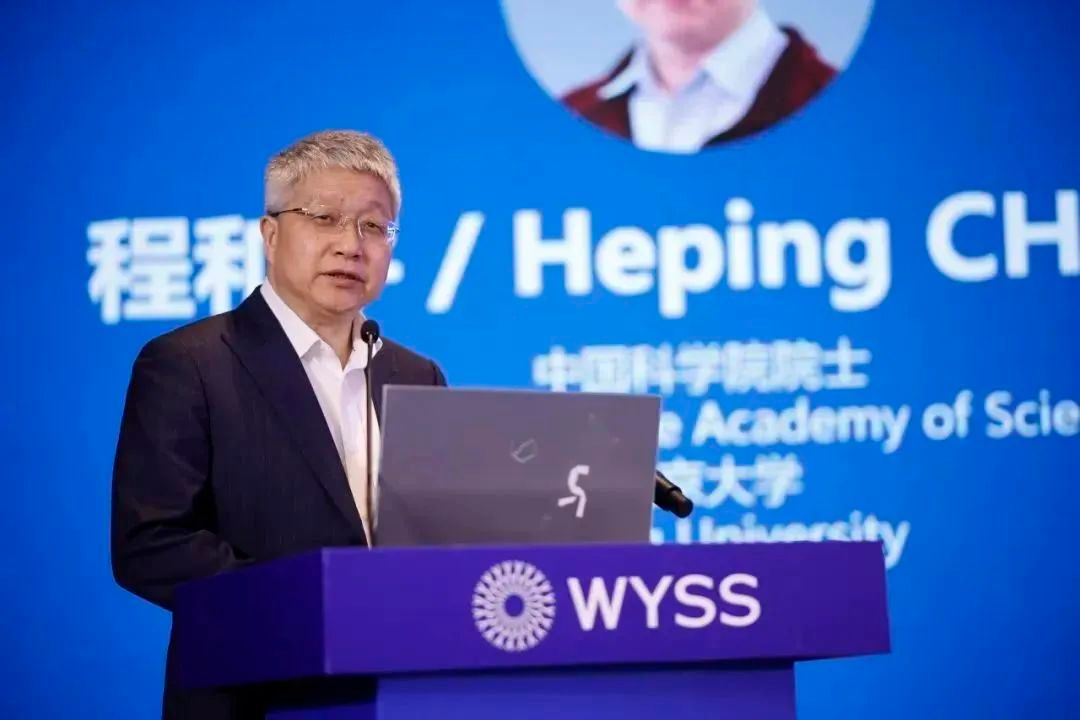
Academician Cheng Heping introduced the Multimode Trans-scale Biomedical Imaging Facilities, which is a national major infrastructure, and proposed the advancement of digital life.
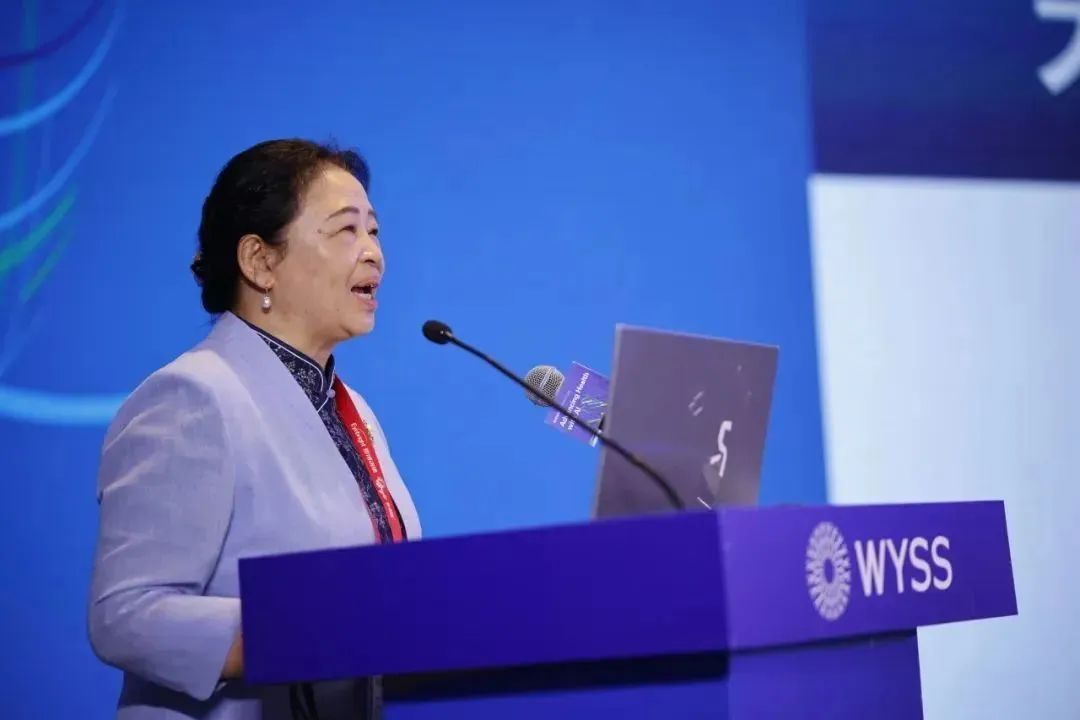
Academician Chen Xiangmei showed her exploration of using big data to drive the quality control of kidney diseases, anddiseases and expoundedon the role of medical big data in leading the innovative development of disciplines.
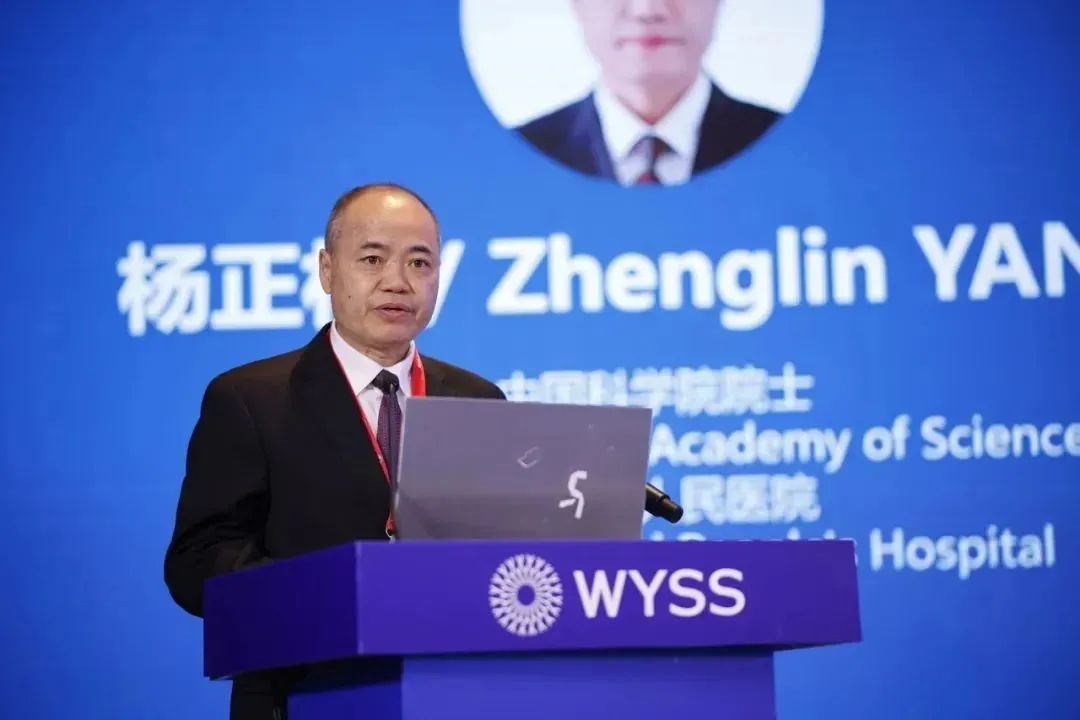
Academician Yang Zhenglin presented on "the pathogenesis of glaucoma",advocating the use of AI in processing images to simplify cell counting.

Professor Fu Xiangdong introduced his team's latest research on mitochondrial damage as the causes and results of ALS.
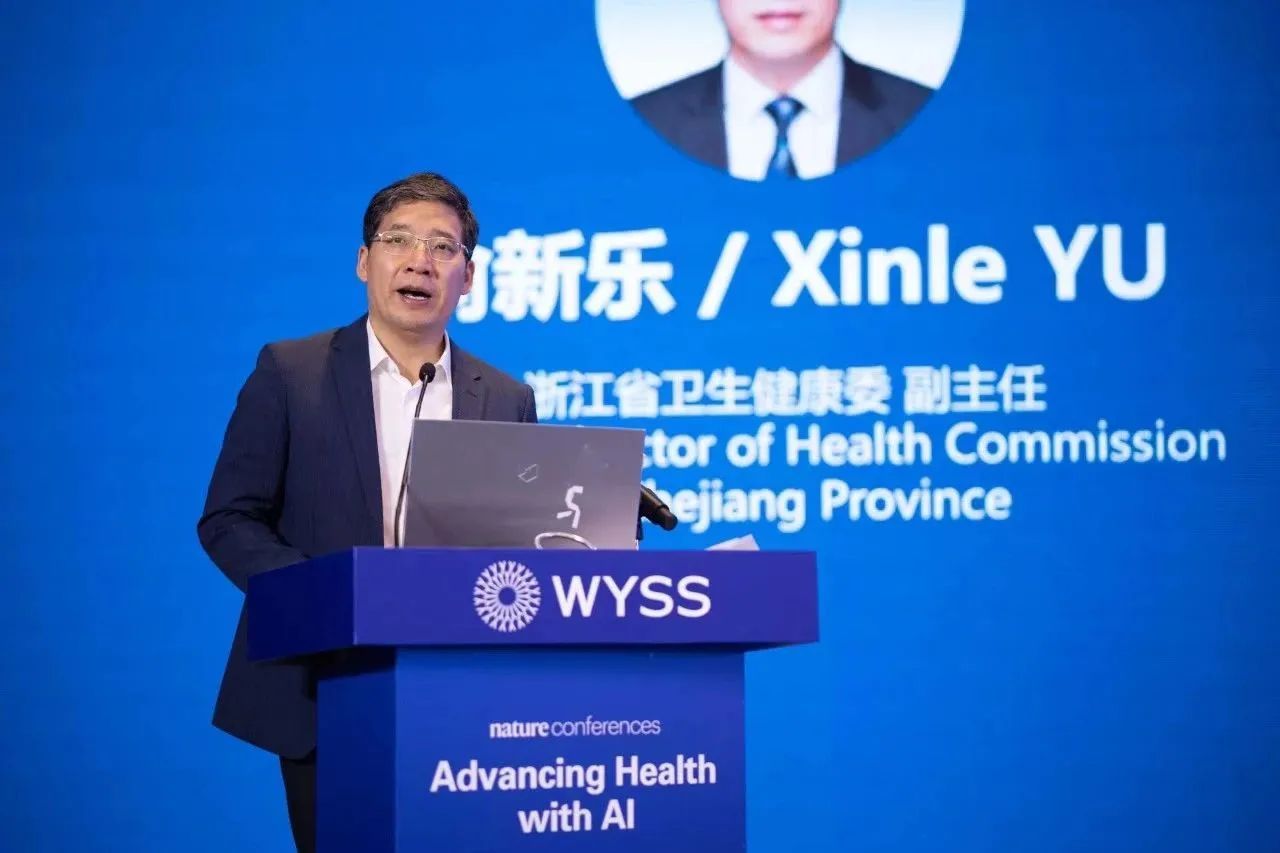
Yu Xinle expressed his hope that Zhejiang will take this meeting as a new starting point for in-depth discussion, extensive exchanges, and pragmatic cooperation, and combine policy guidance, technological innovation, industry cooperation, and other efforts to facilitate the integration of AI and health care, and jointly write a gorgeous chapter of AI-driven innovation in health industry.
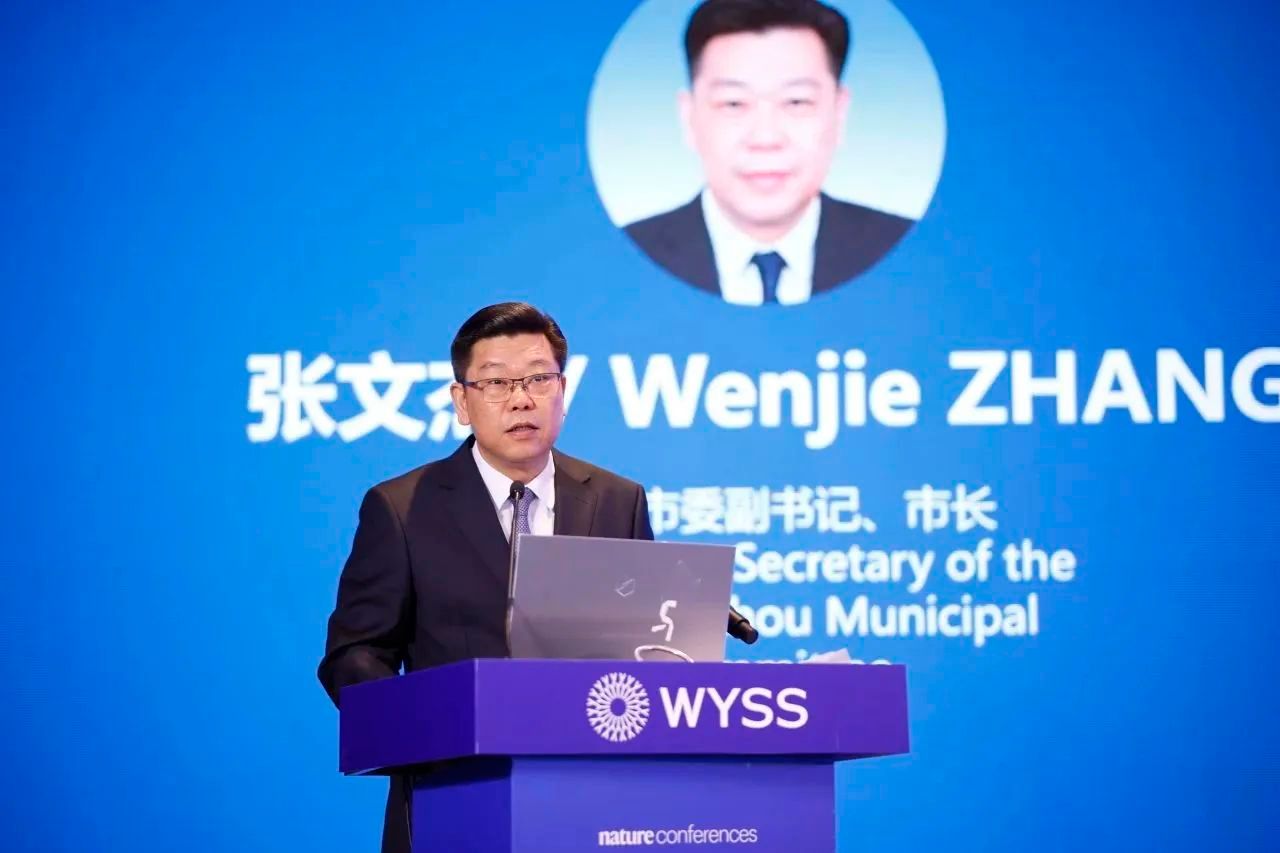
Zhang Wenjie pointed out that hosting Nature Conferences, which is one of the world's most cutting-edge and high-end academic conferences, would bring opportunities for Wenzhou to connect with global resources. As a city in growth and development, Wenzhou will definitely provideprovide fertile ground and better services for the progress of science and technology and scientific development.
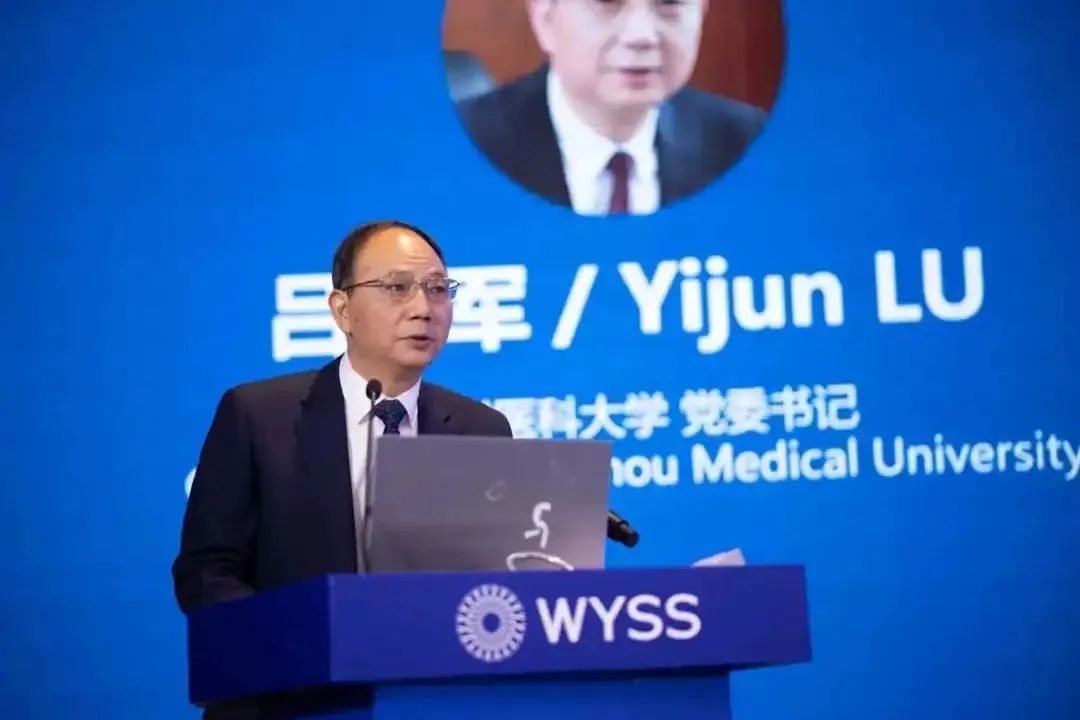
Lyu Yijun described this conference as an important opportunity for the further development and improvement of WMU. He hoped that through the exchanges in this meeting would gather more wisdom, generate more innovative ideas, overcome more technical problems, make more breakthroughs in application bottlenecks, jointly promote the development of AI in the field of medical andhealthcare, and make greater contributions to the cause of human health.
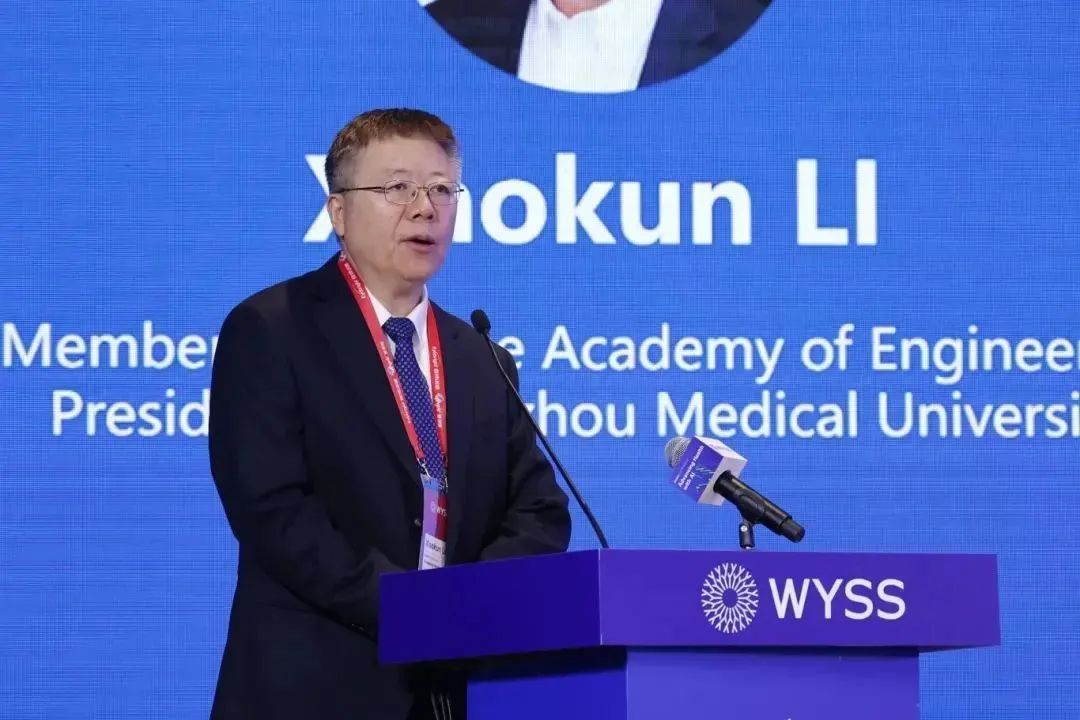
Li Xiaokun pointed out that the deep integration of AI technology and medical health has become a focusfocal topic on the global science and technology stage and athe future beacon that the medical community is keen to explore. It is expected that this conference will produce more innovative achievements, promote the improvement of relevant policies and mechanisms, and inject inexhaustible impetus into the long-term development of the emerging field of deep integration of artificial intelligenceAI technology and medical health.
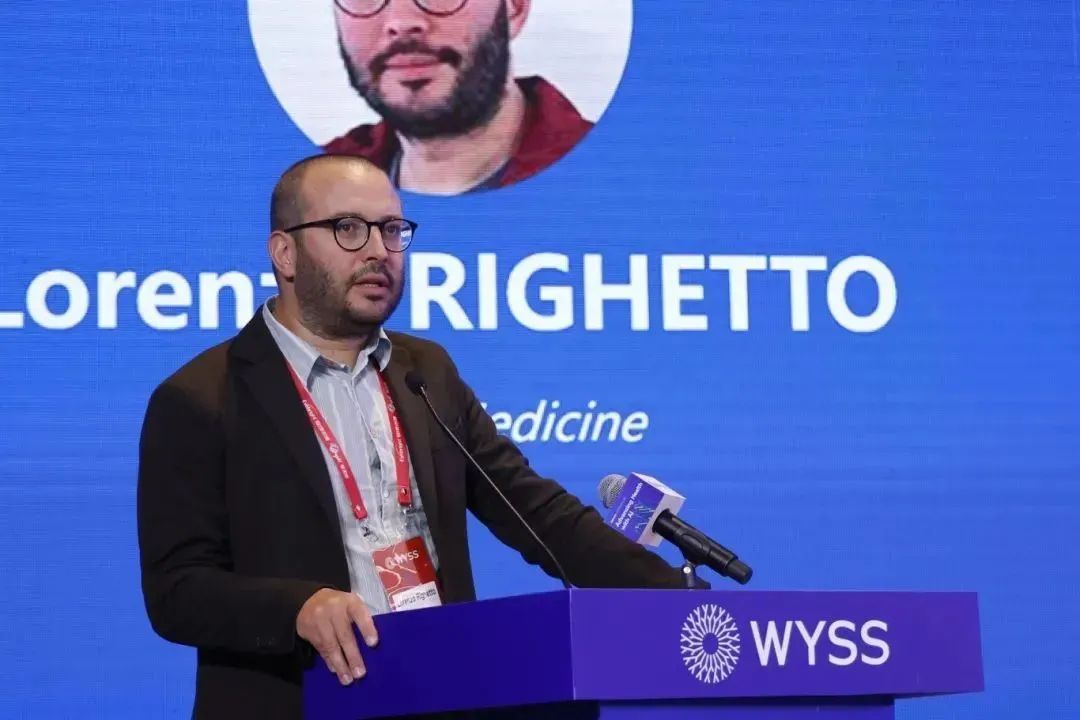
Lorenzo Righetto pointed outsaid that this wasis the first time thatNature has organized such a high-level academic conference in the field of artificial intelligenceon AI. He described China isas a fertile ground for the development of computerscience ands. It is hoped that this academic conference canwouldactively promote the development of artificial intelligenceAI in the field of medical andhealthcare. He also invited Eexperts and scholars are also welcometo submit papers and activelyexchange topics and contributions.
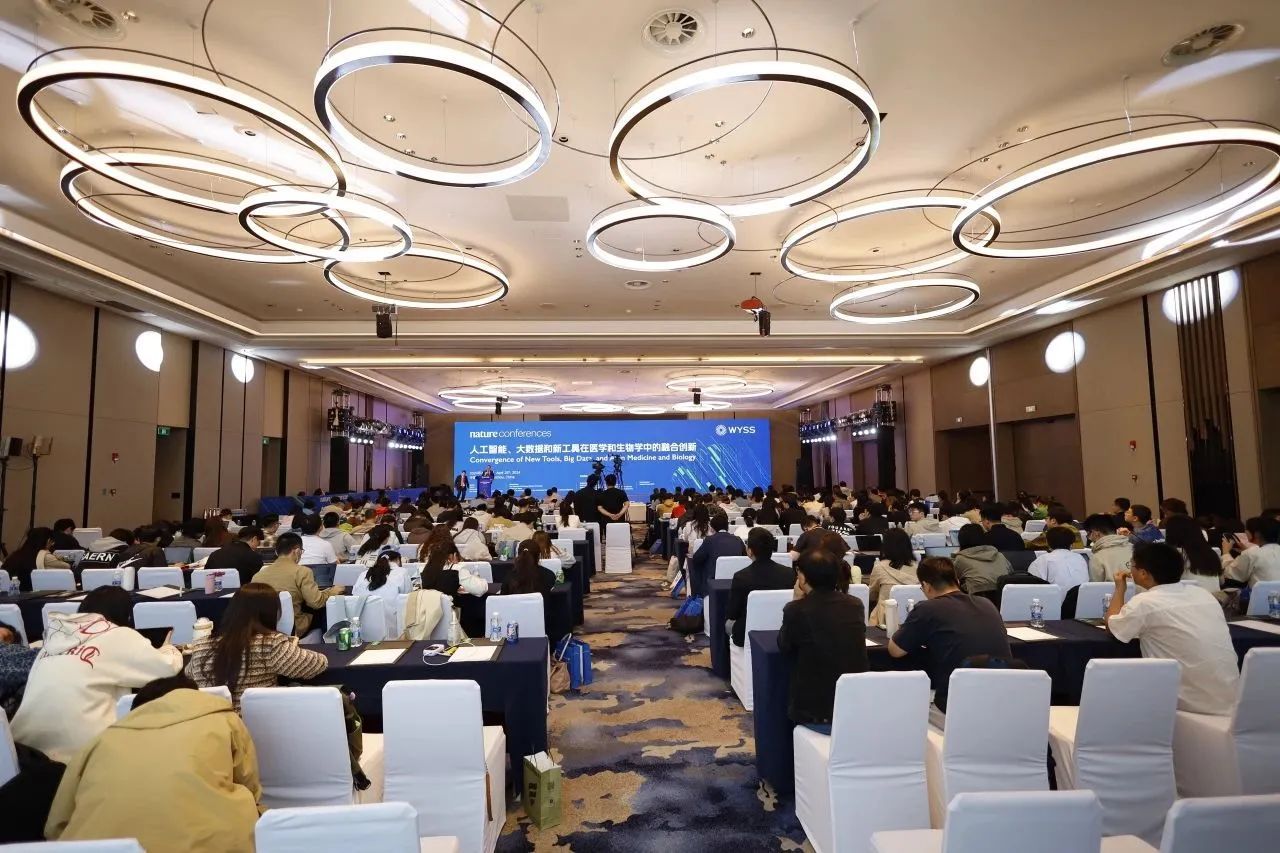

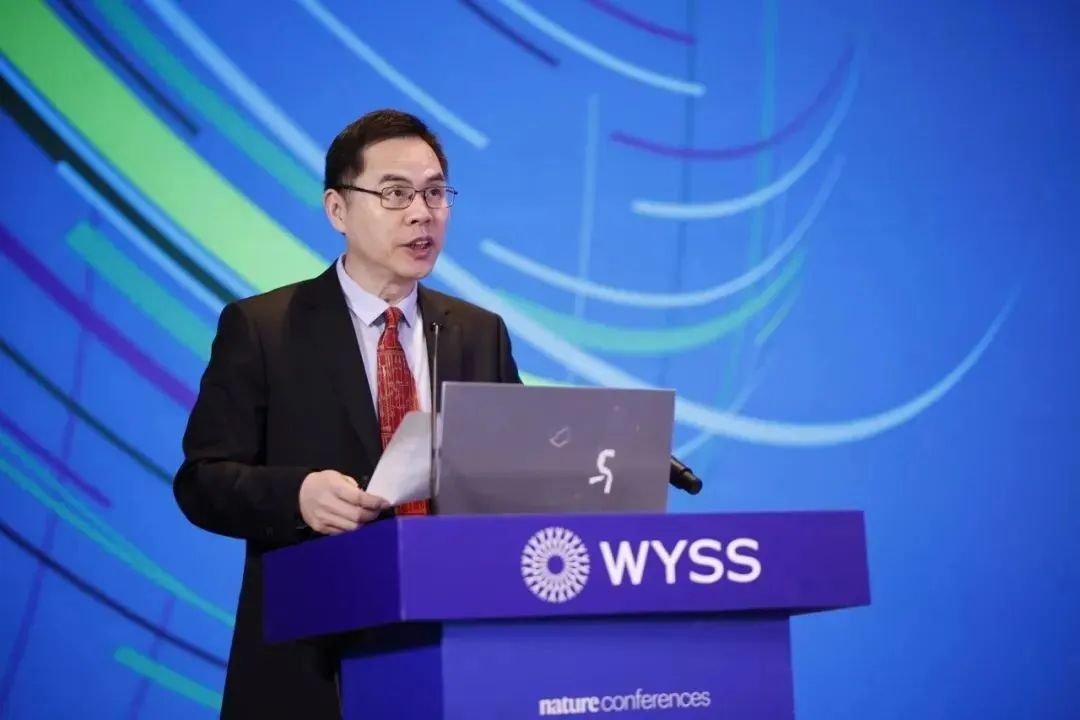
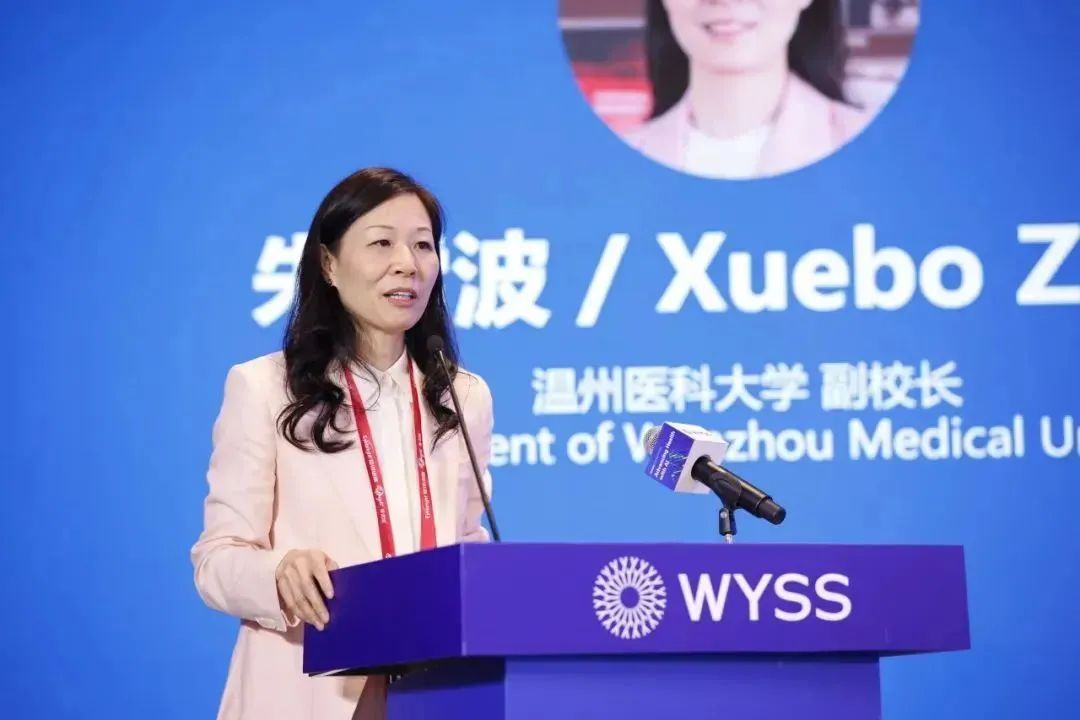
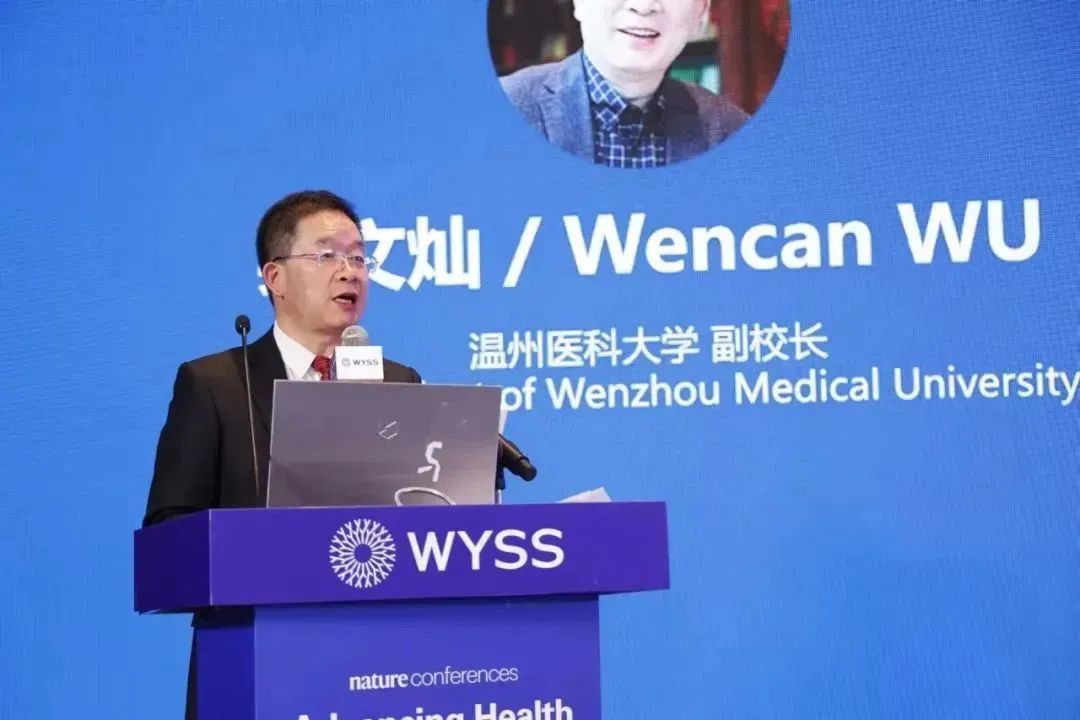
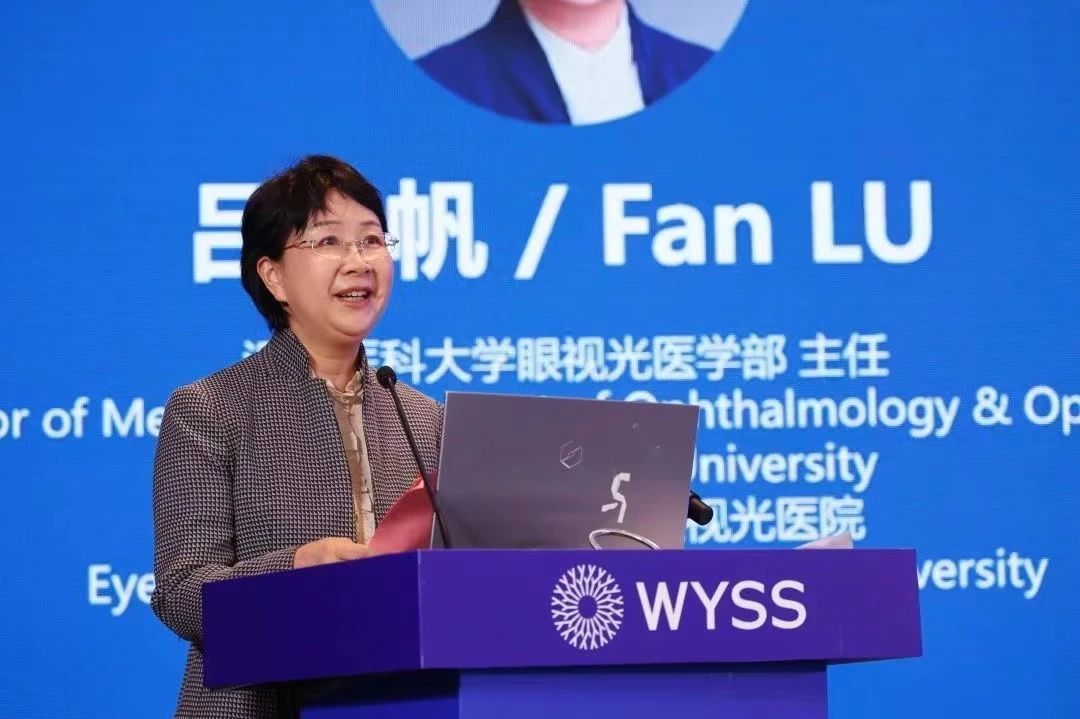
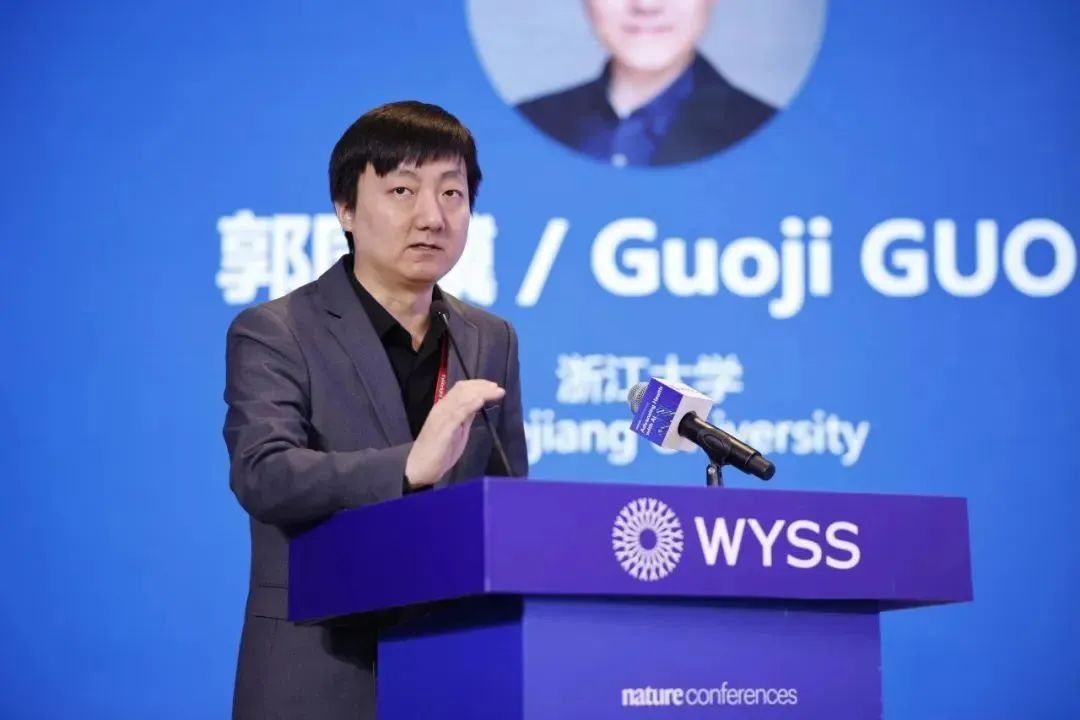
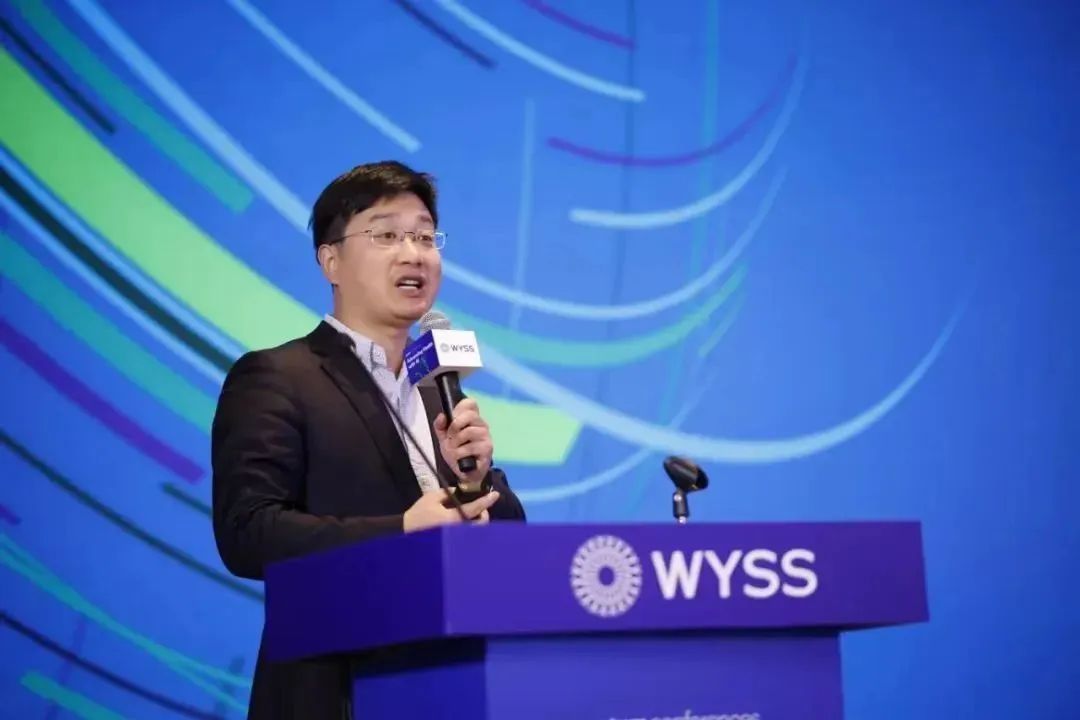

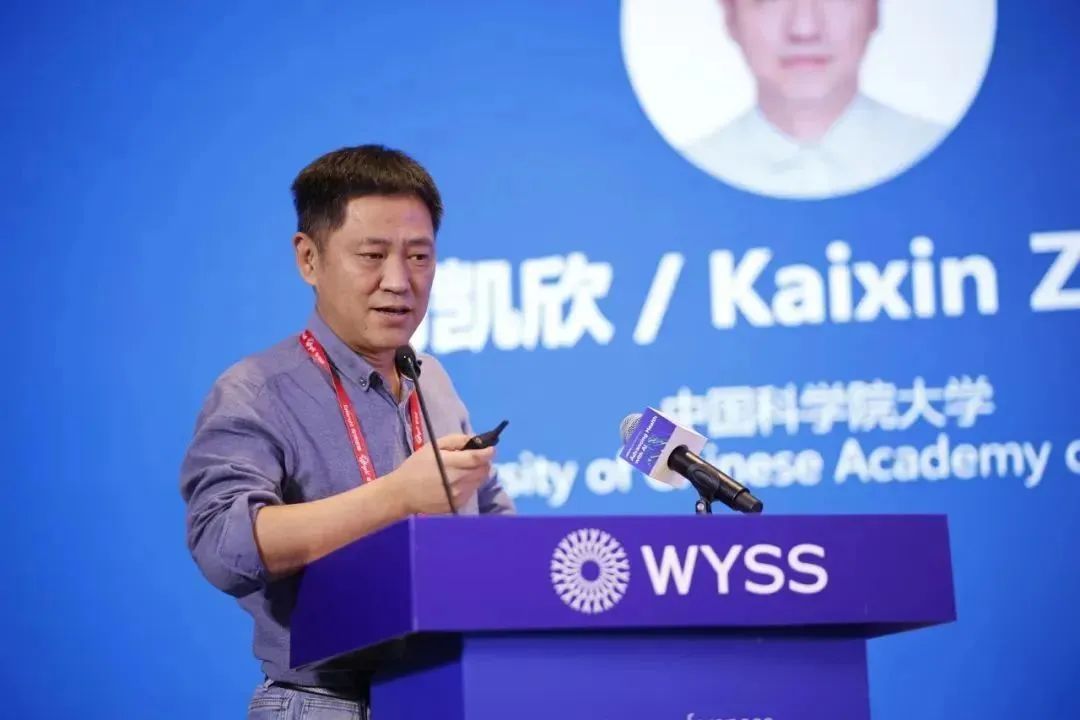
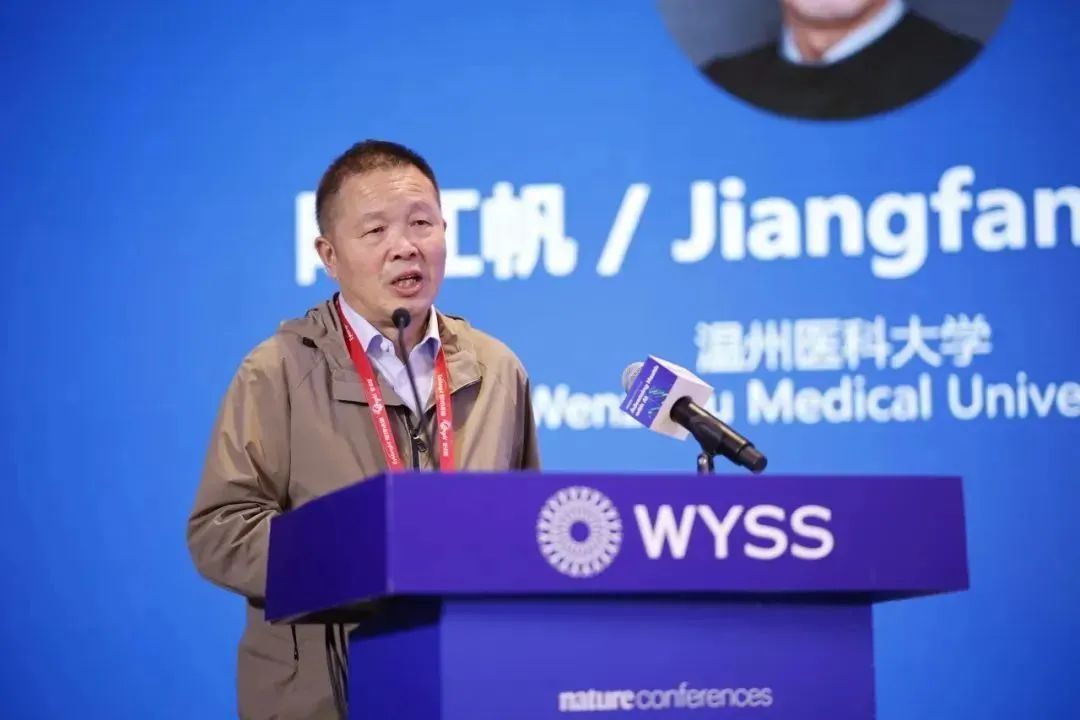
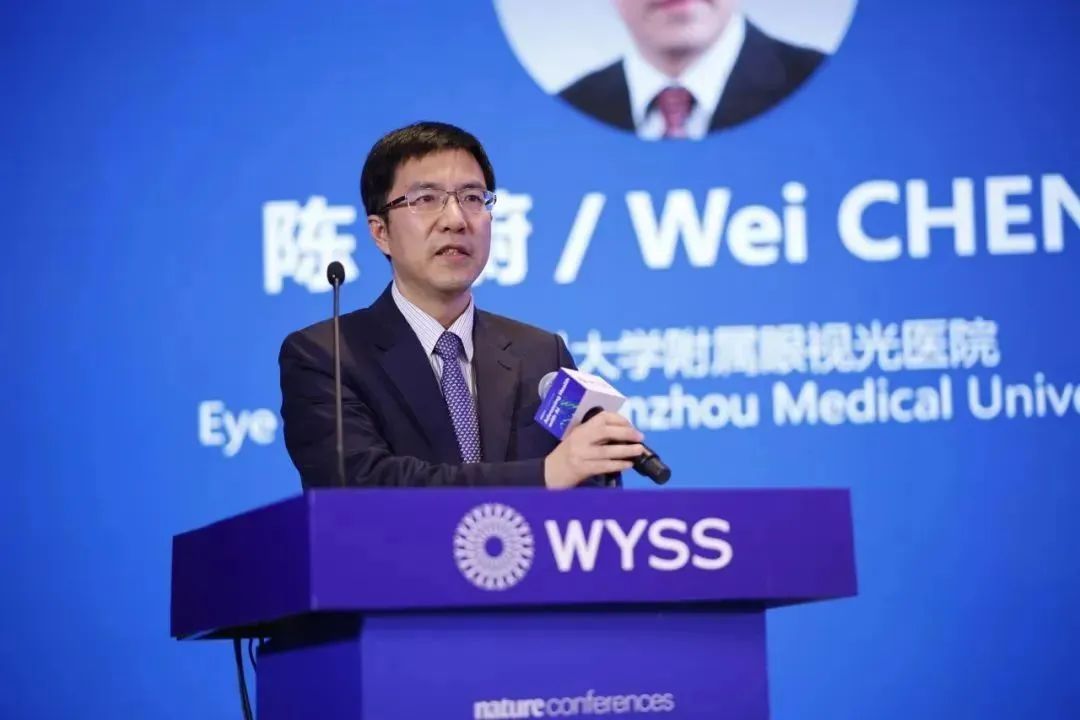
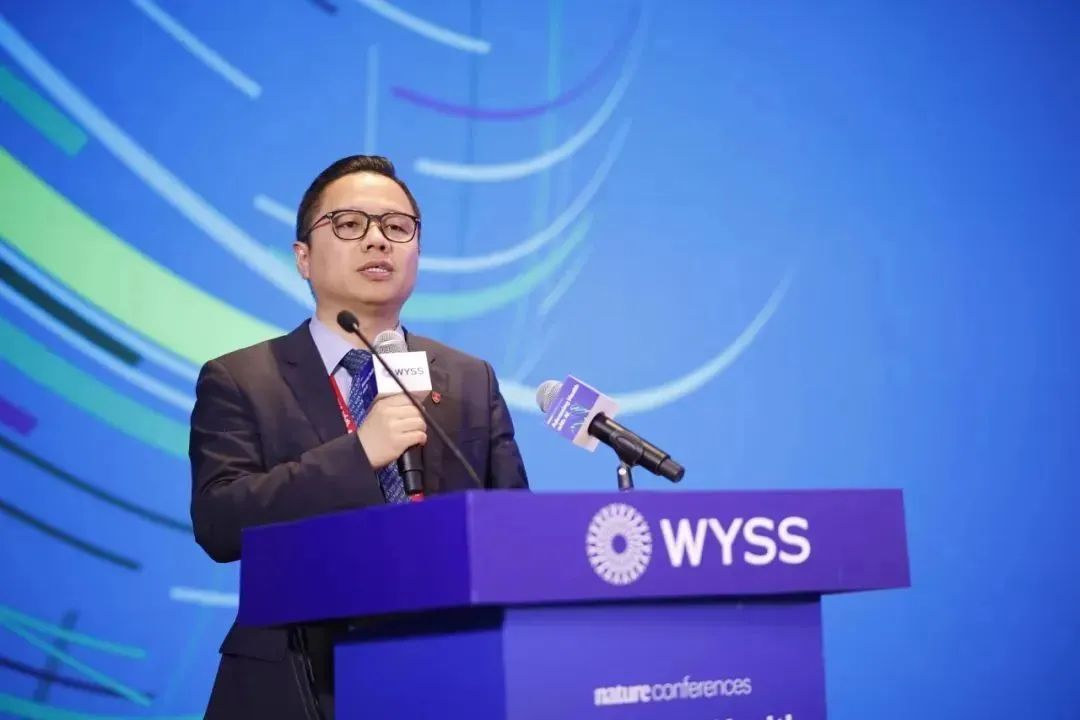
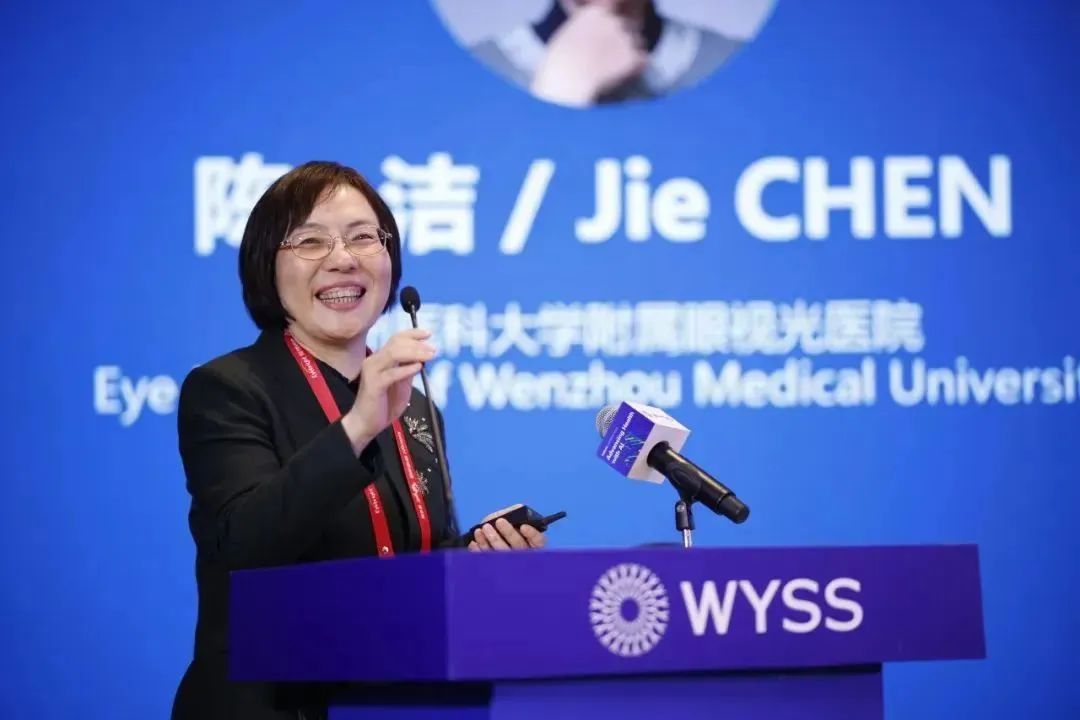
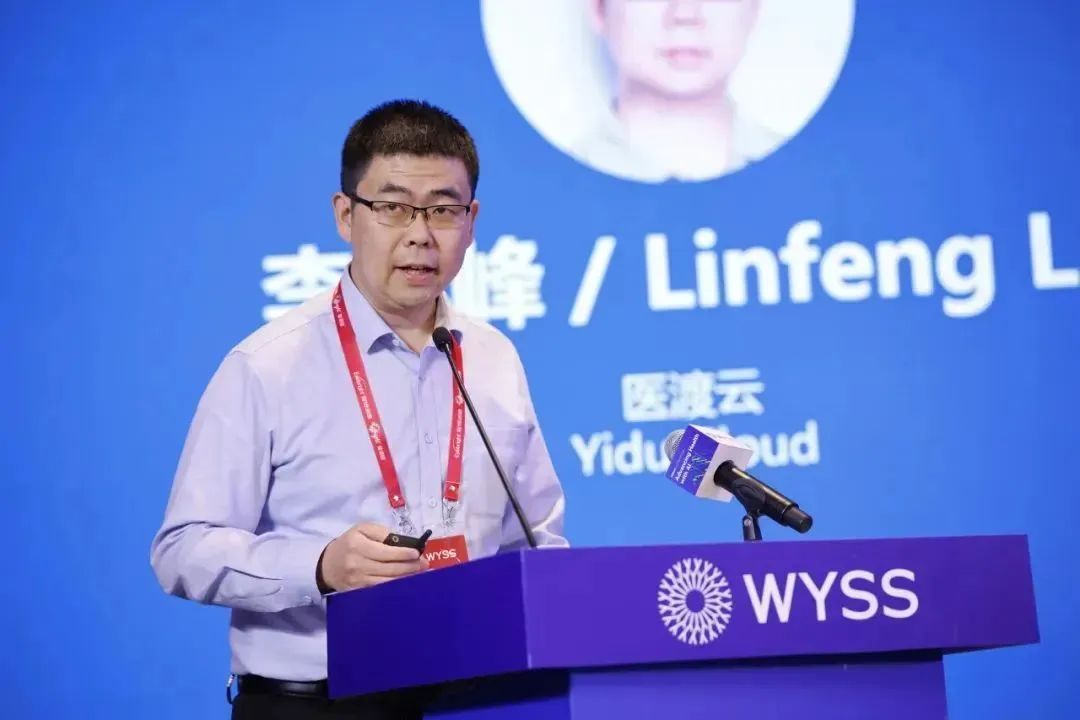
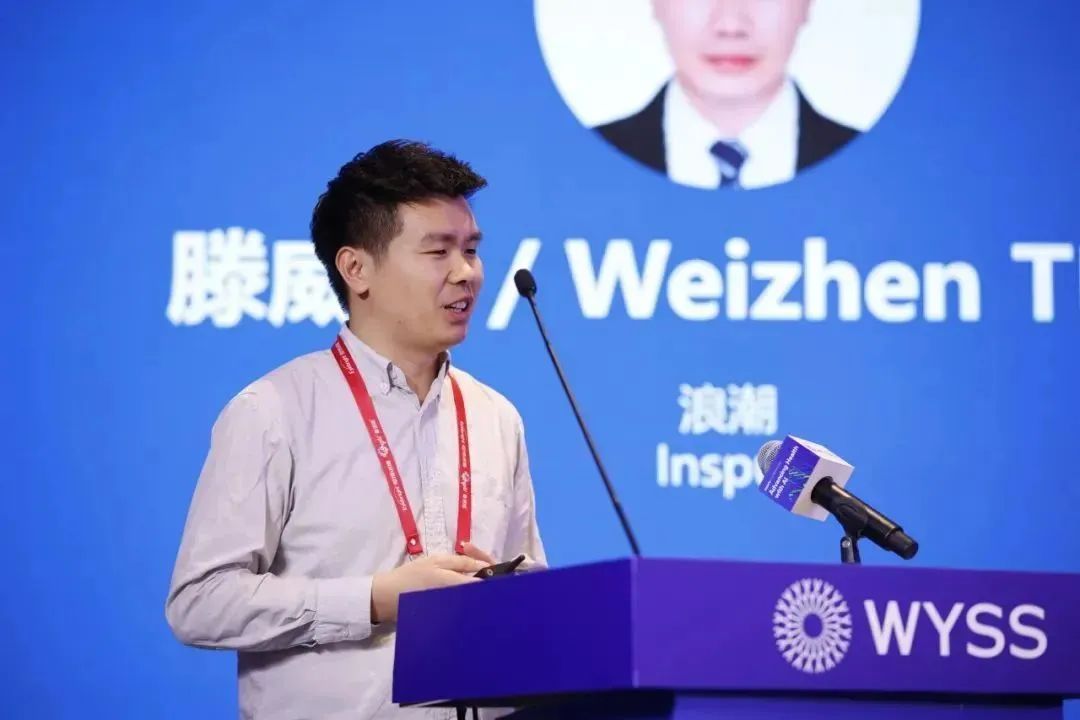
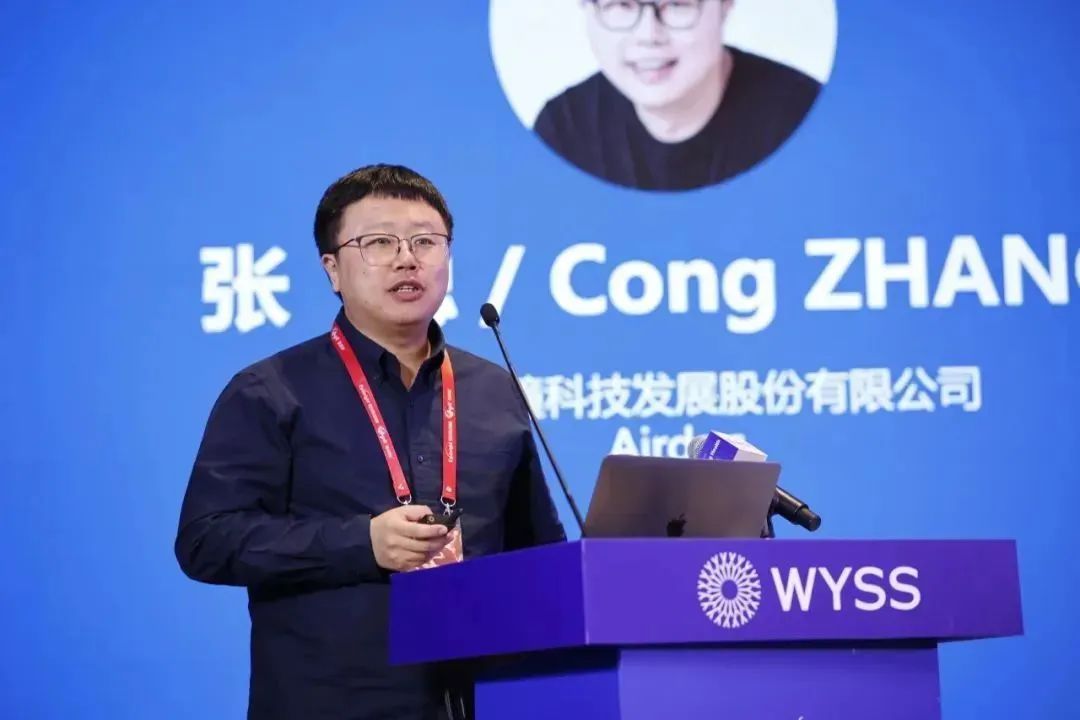
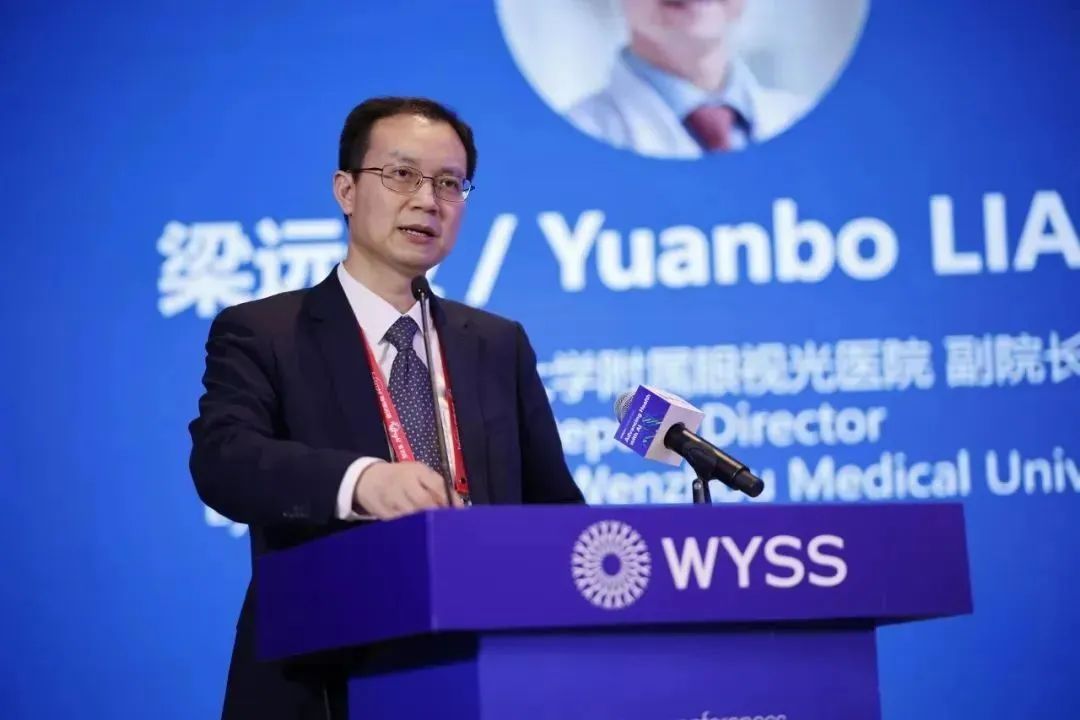
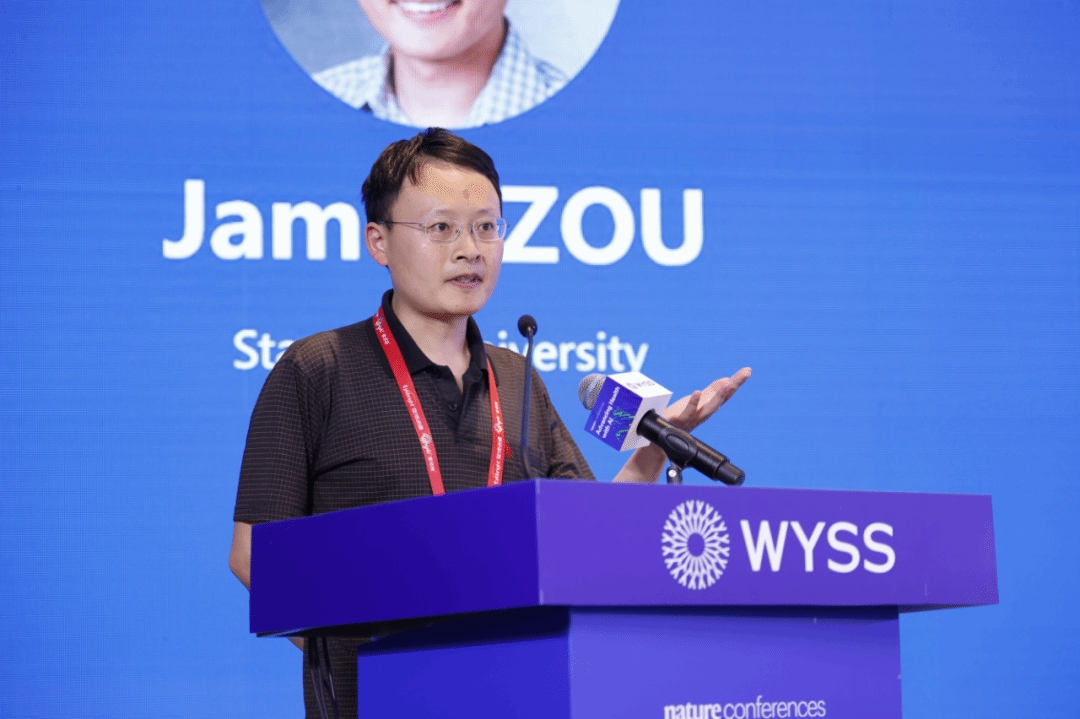

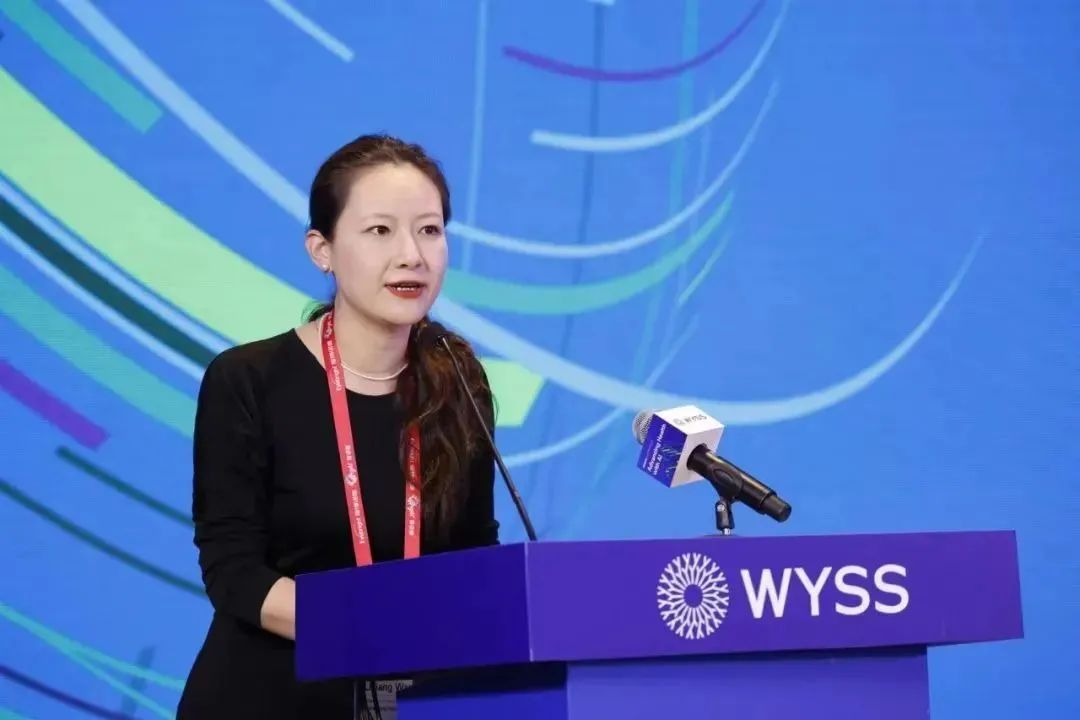
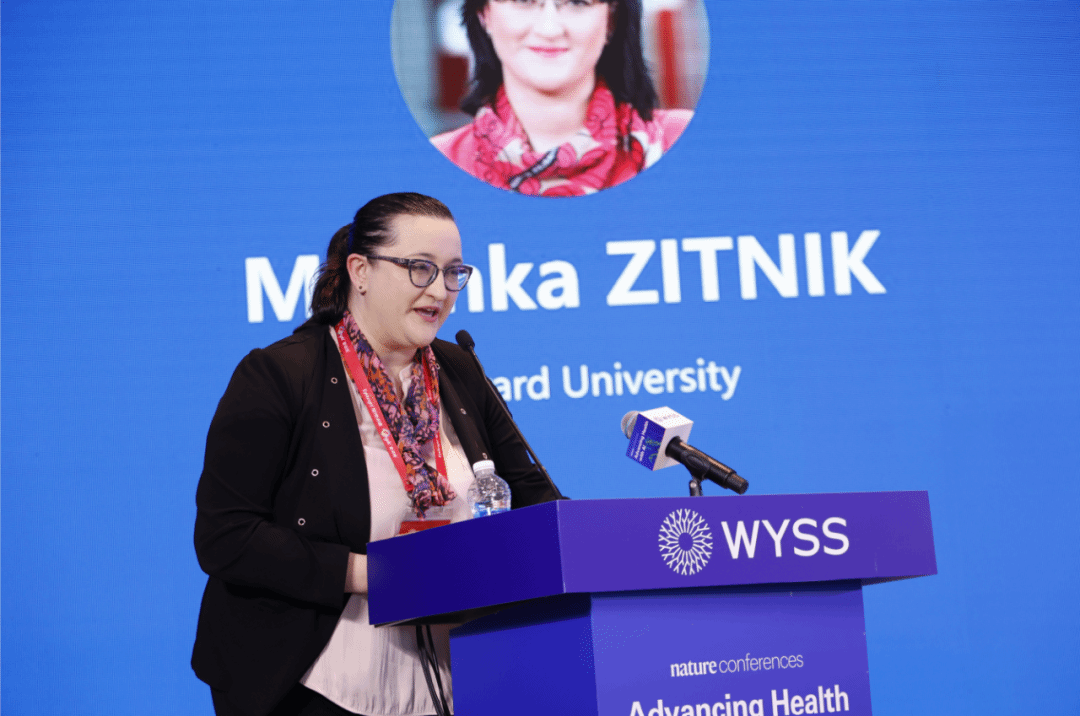
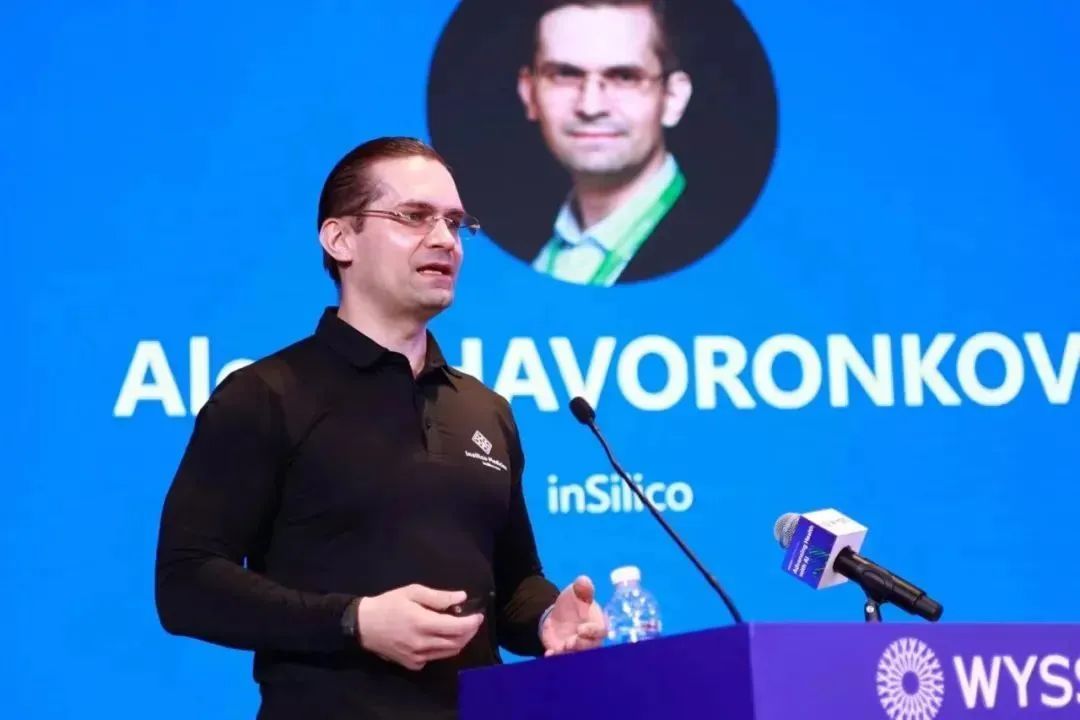
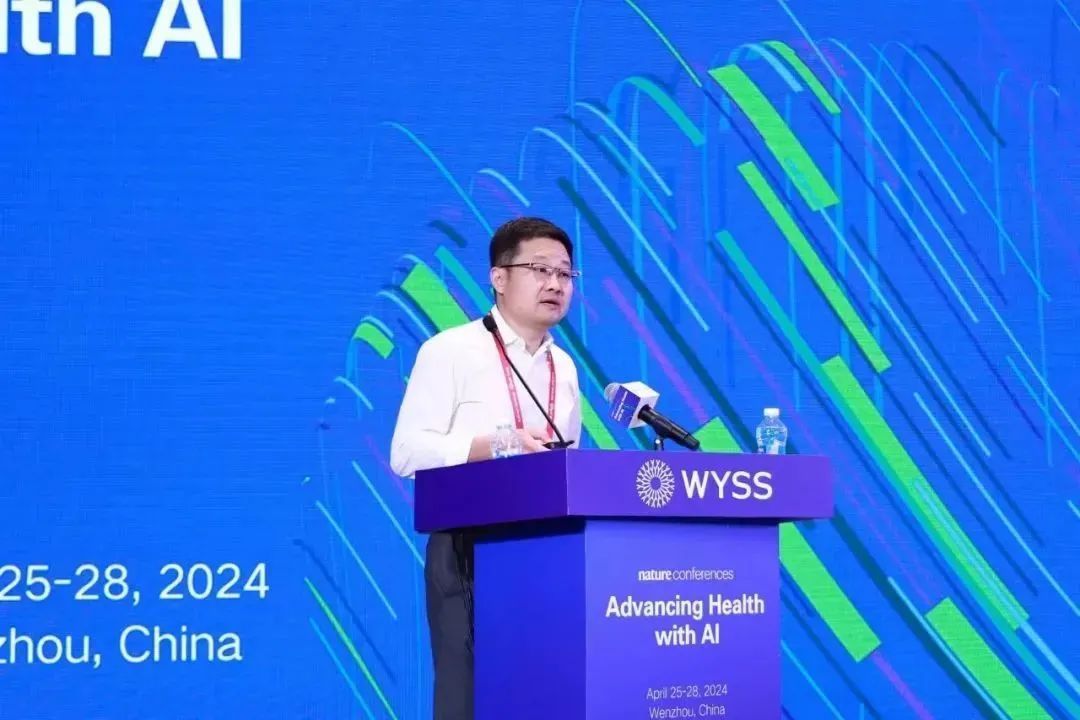
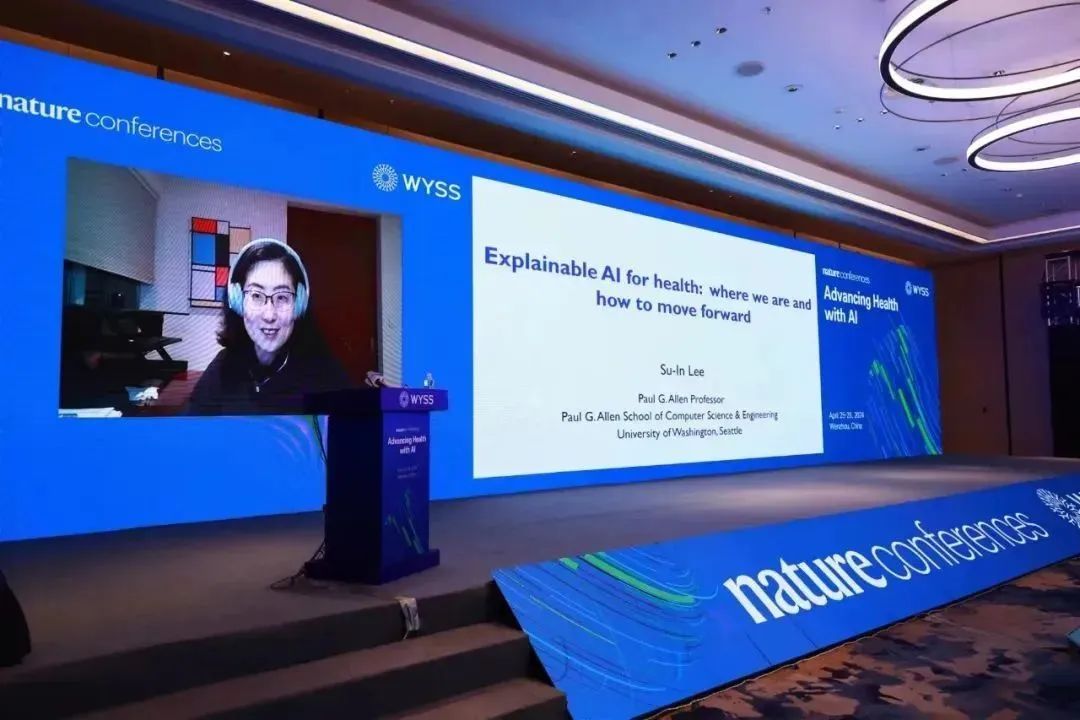
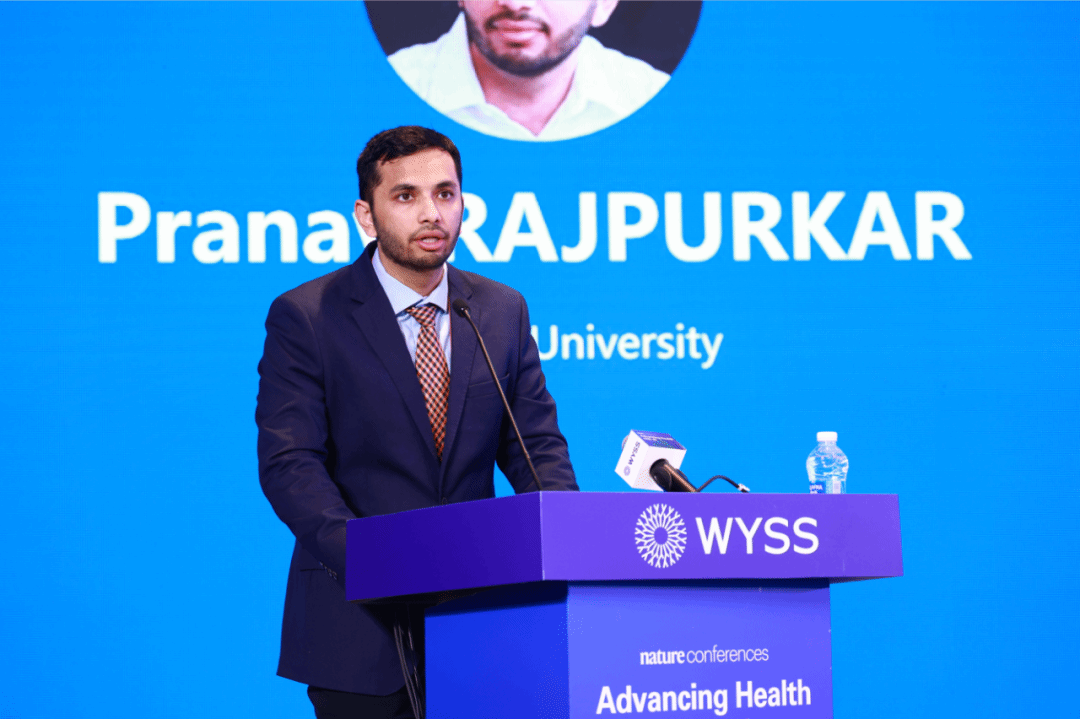

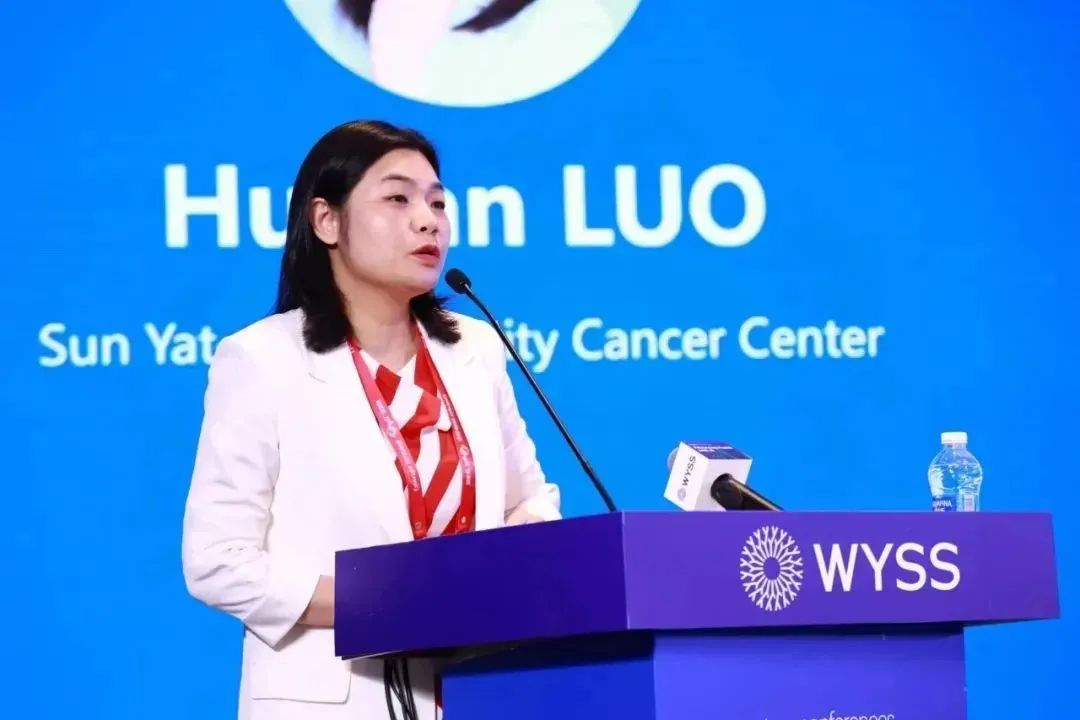
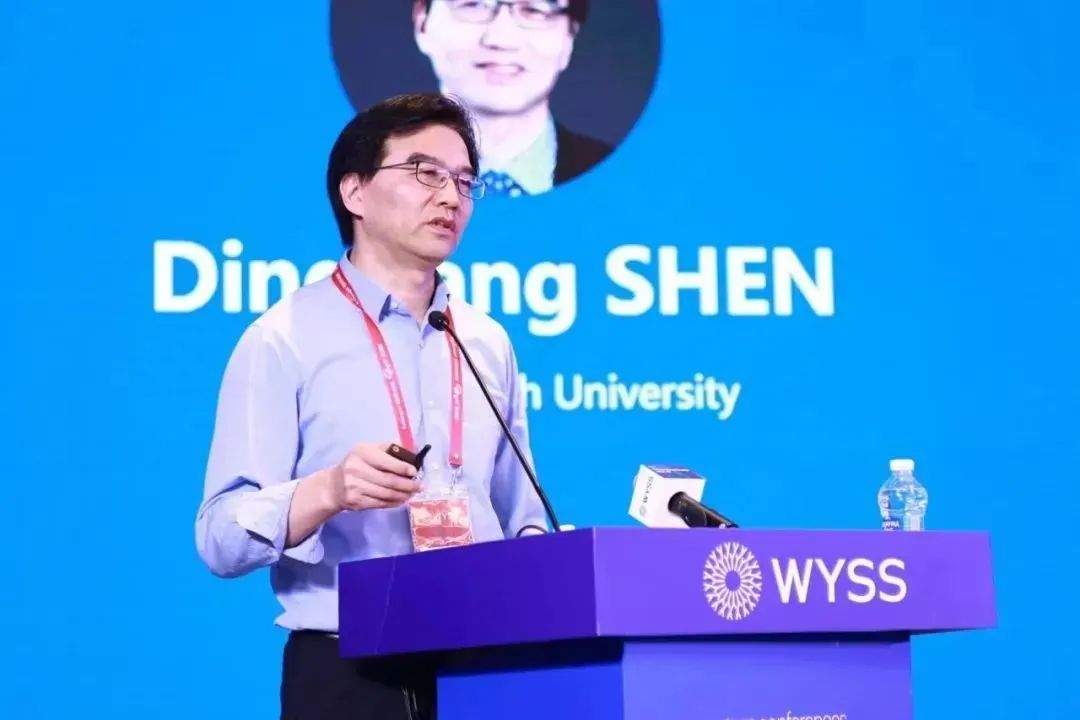
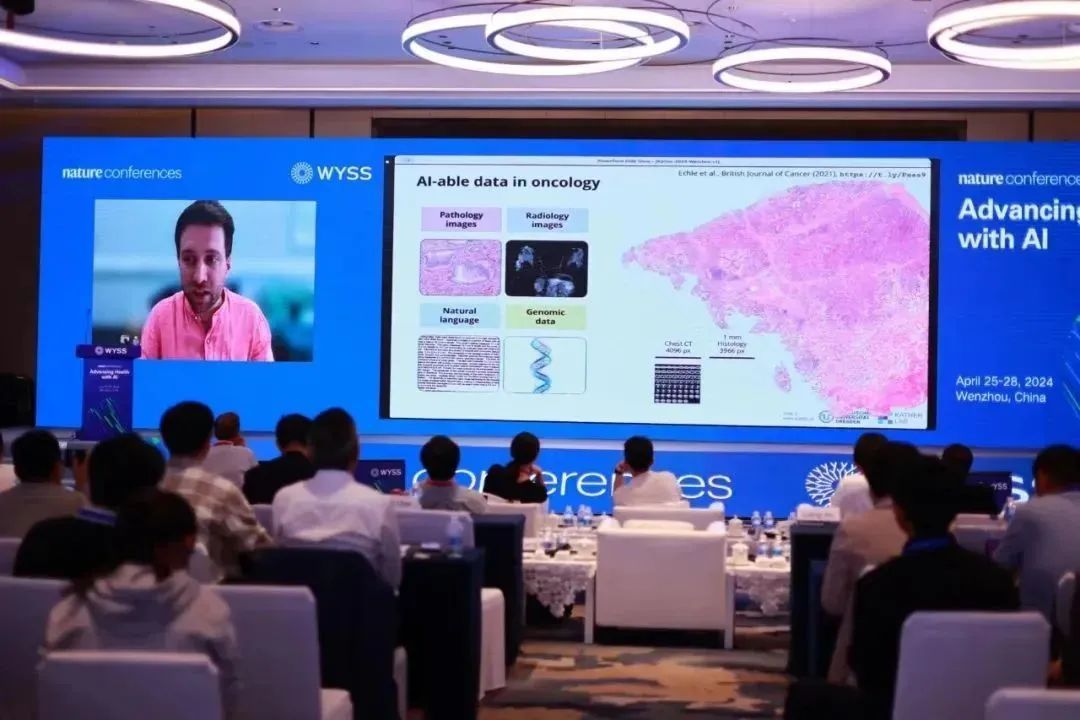
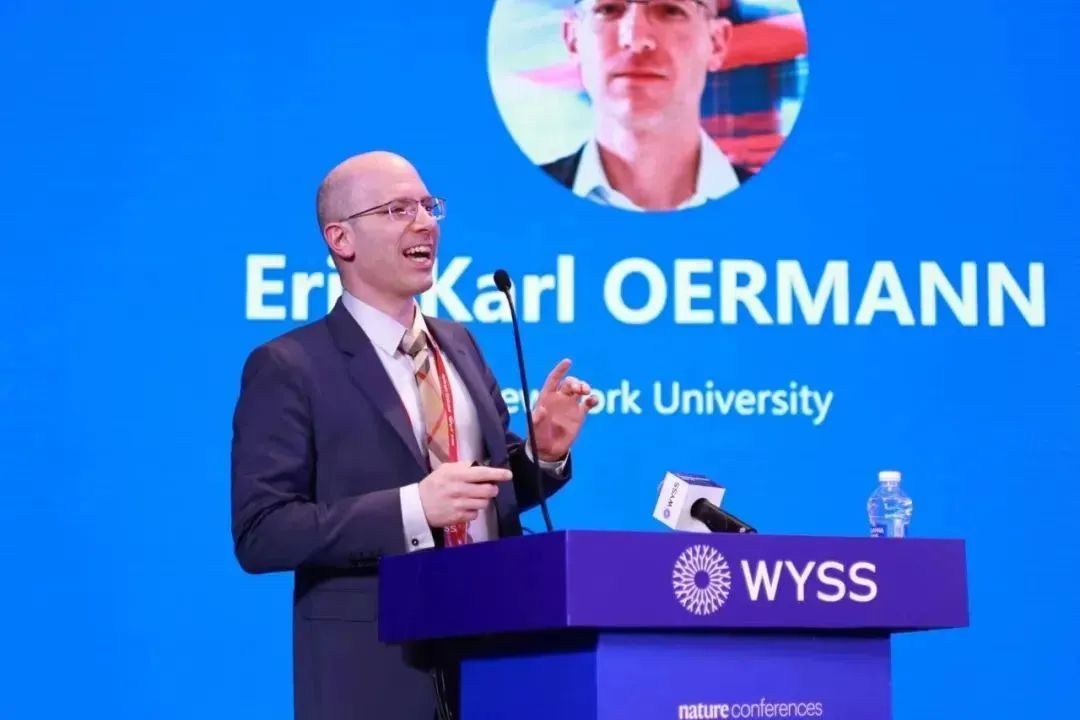
At present, artificial intelligenceAI, as an important driving force for a new round of scientific and technological revolution and industrial transformation, is deeply reshaping all walks of life, including the medical andhealthcare industryfield. How to eEnsuringe the scientific, safe, and fair application of AI technology in the medical andhealthcarefield and givinge full play to its maximum valuepotential remains a crucial challengeis an important issue to be solved at present.
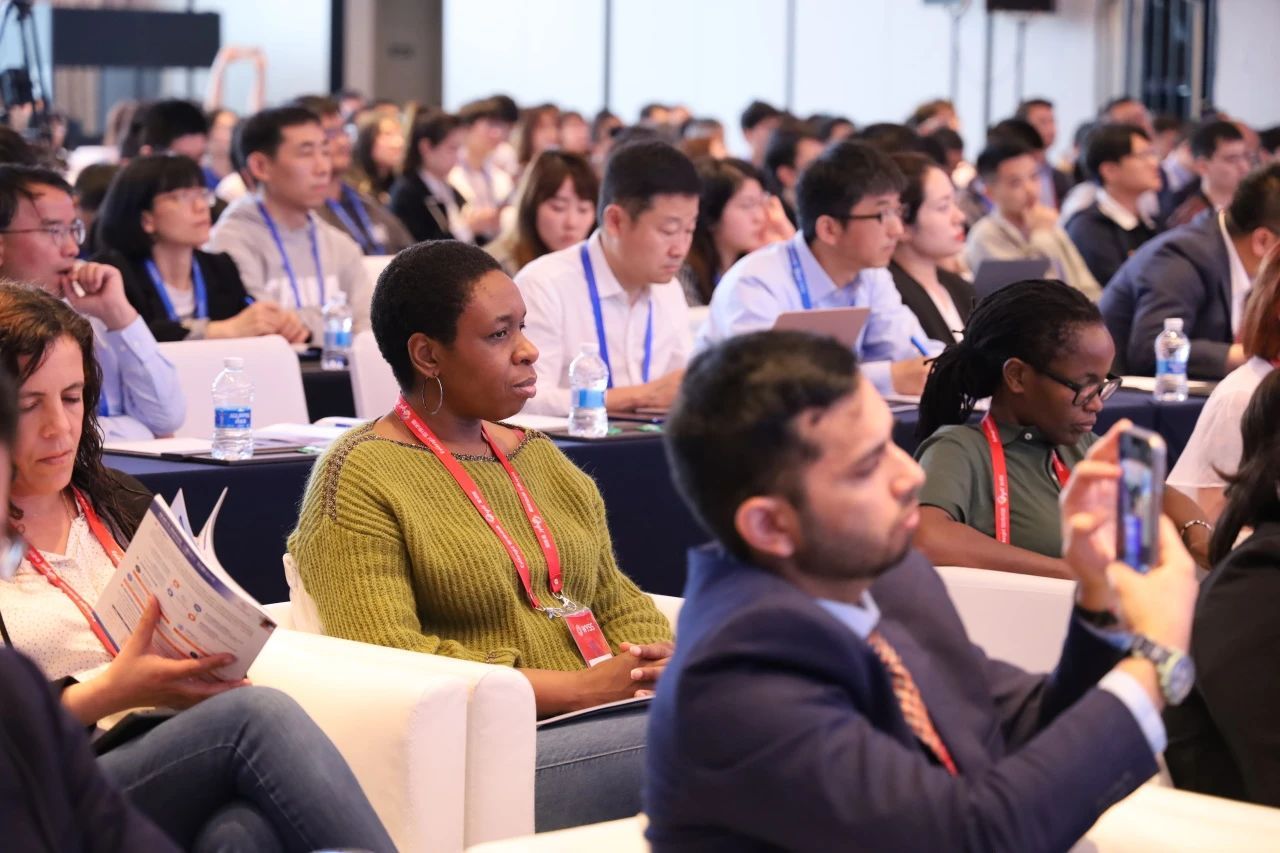
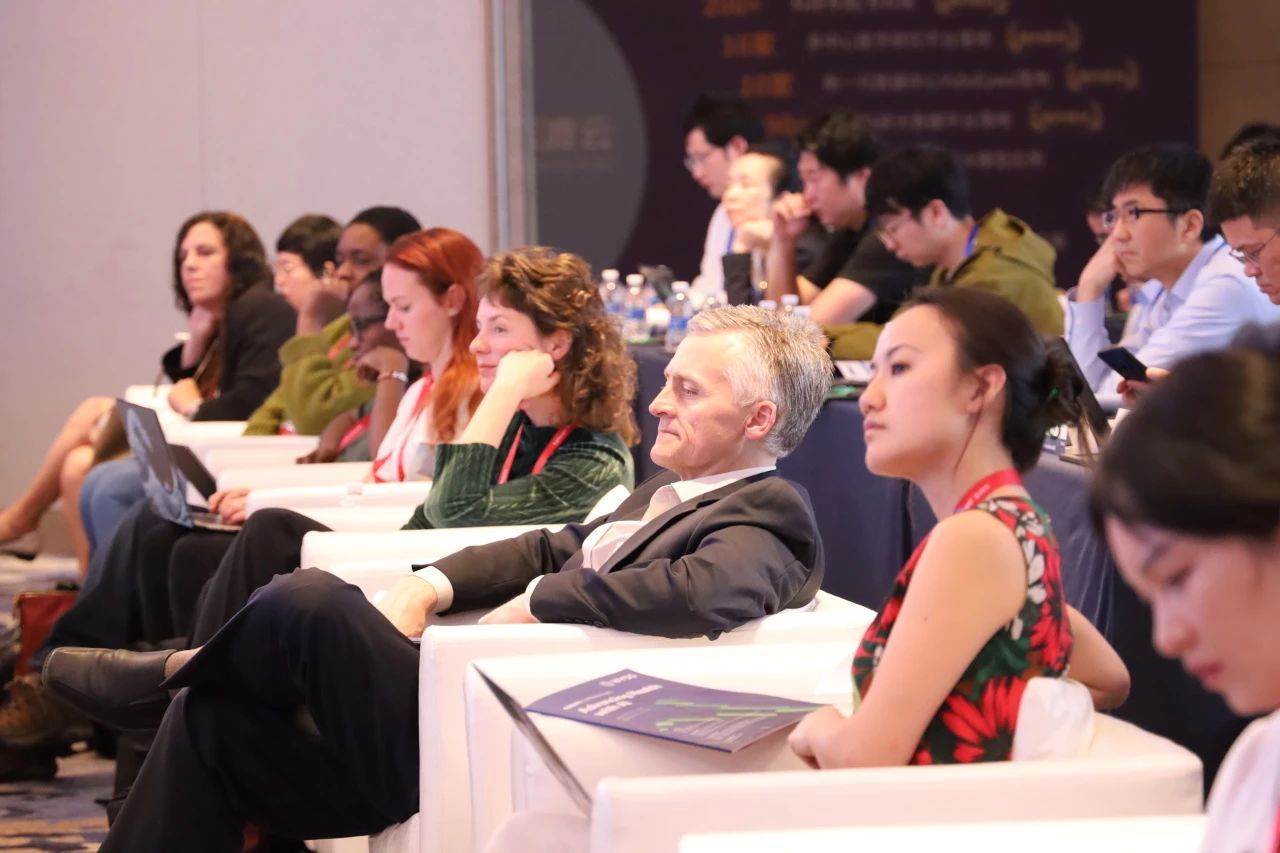
Through keynote speeches, symposiums, round-table dialogues, results displaypresentations,and other forms, this conference exploresdthe cutting-edge applicationsofartificial intelligenceinthe medical andhealthfield, scientific researchbreakthroughs, policy orientationguidance,and the possibility of interdisciplinary cooperation of AI in healthcare in an all-round and in-depth way. In addition, some young researchersinvestigators were invitedtoalso gavegivea lightning speech on the stagetalks.
SymposiumSeminar topics included the integration and innovation of artificial intelligenceAI, big data and new tools in medicine and biology, artificial intelligenceAI for biomedical explorationdiscovery, collaboration betweenclinicians-AIand artificial intelligencecollaborations, artificial intelligenceAI-drivenclinical interventions, artificial intelligenceAI and medicalhealthsystems, patient-centeredcentric AIartificial intelligence, wearables and digital technologies, y. Toavoiding theharm and mitigating of artificial intelligence and reduce therisk in medicalof artificial intelligenceAI, and AIit is used for remote care, disease surveillance, and artificial intelligence inhealth care deliveryservices.
